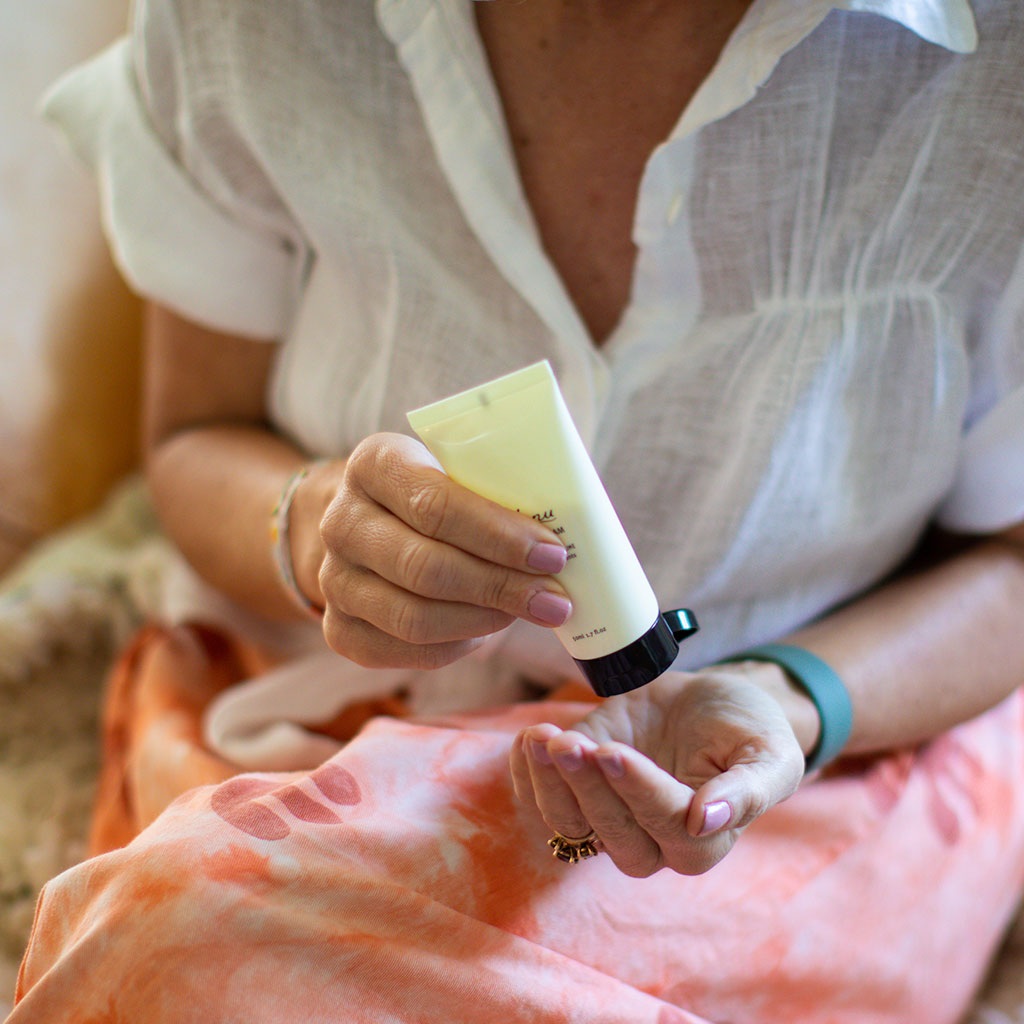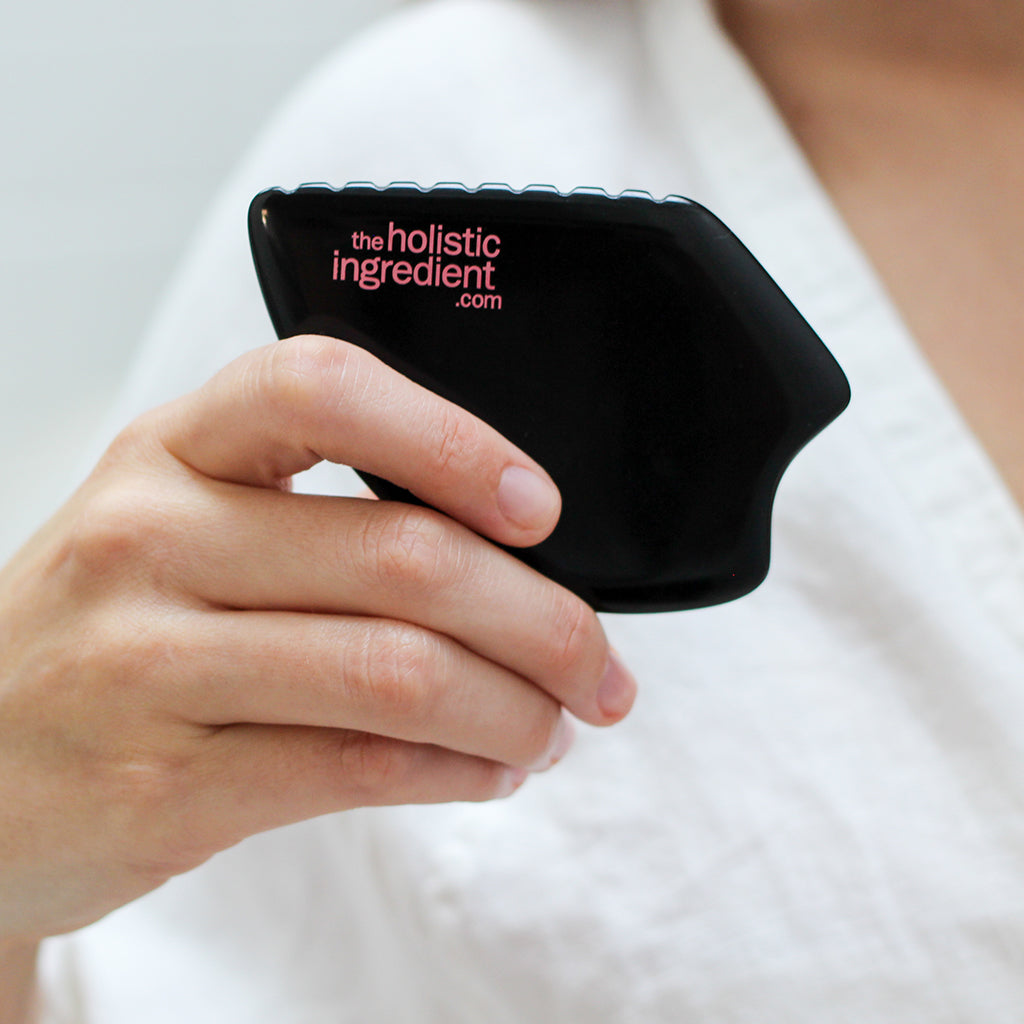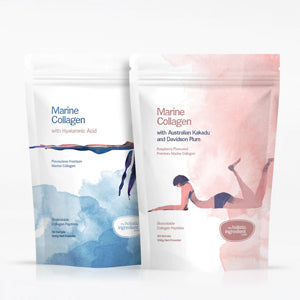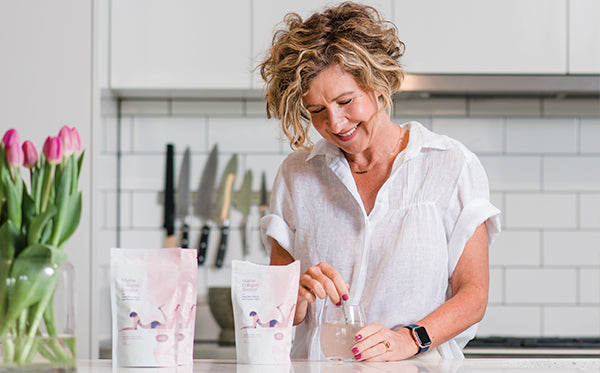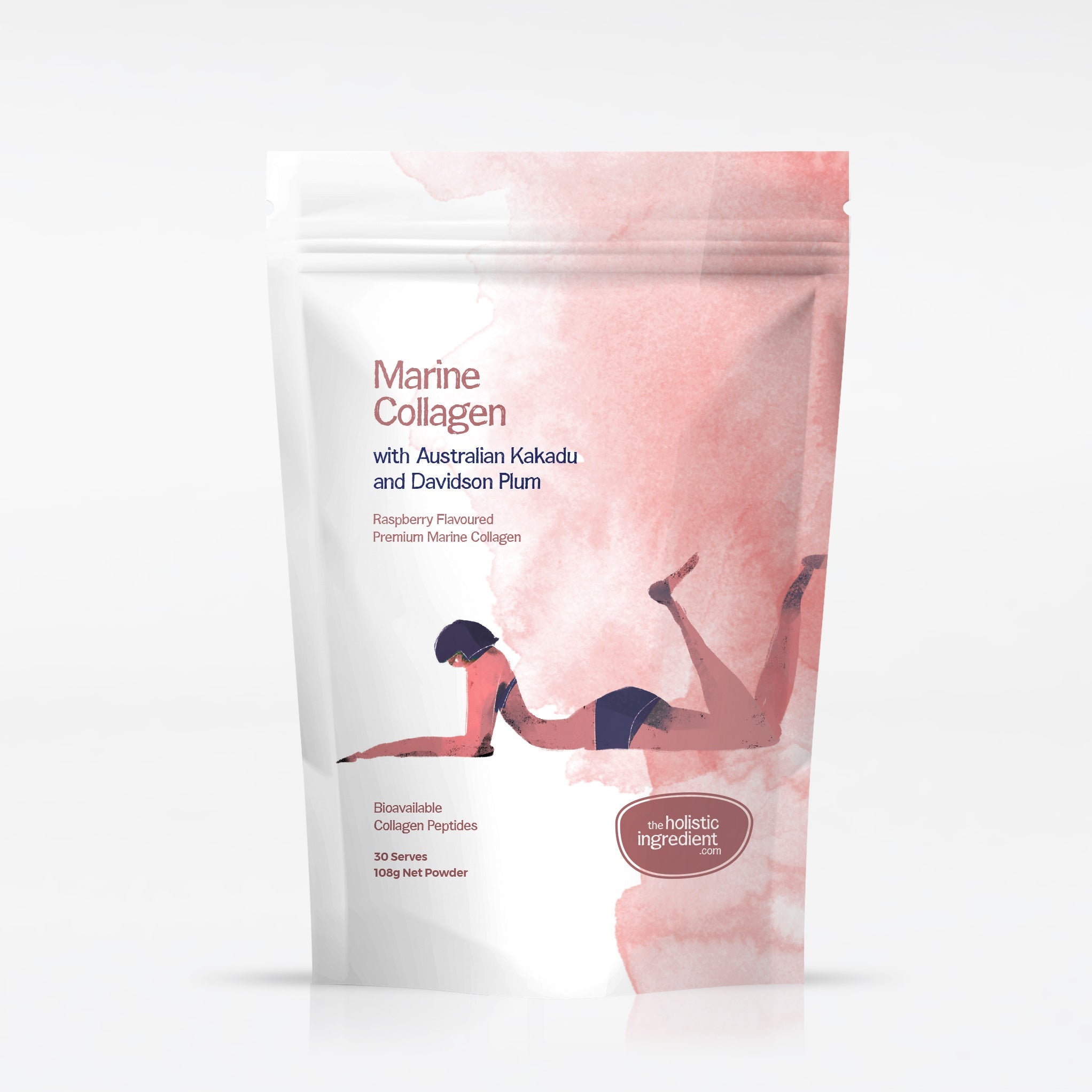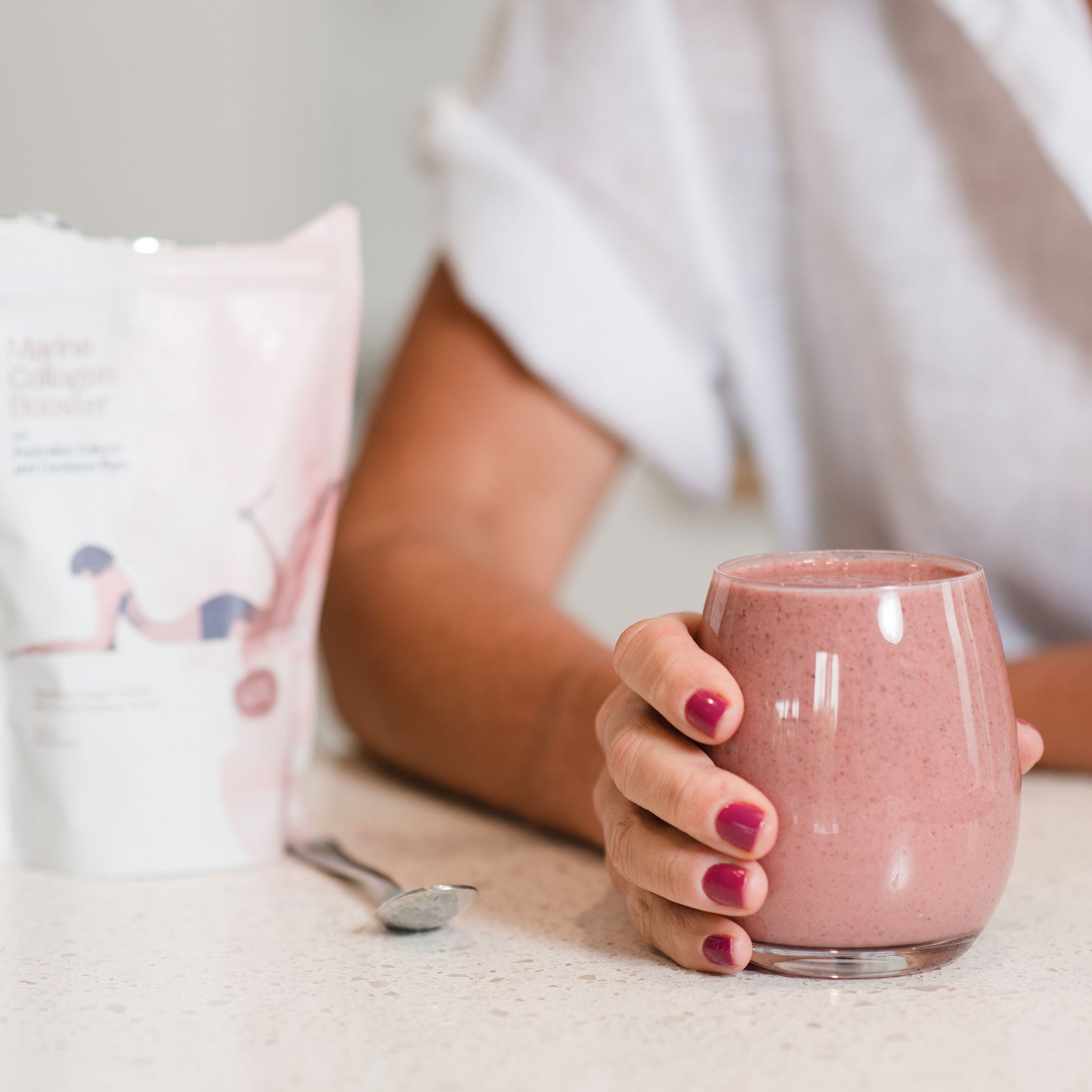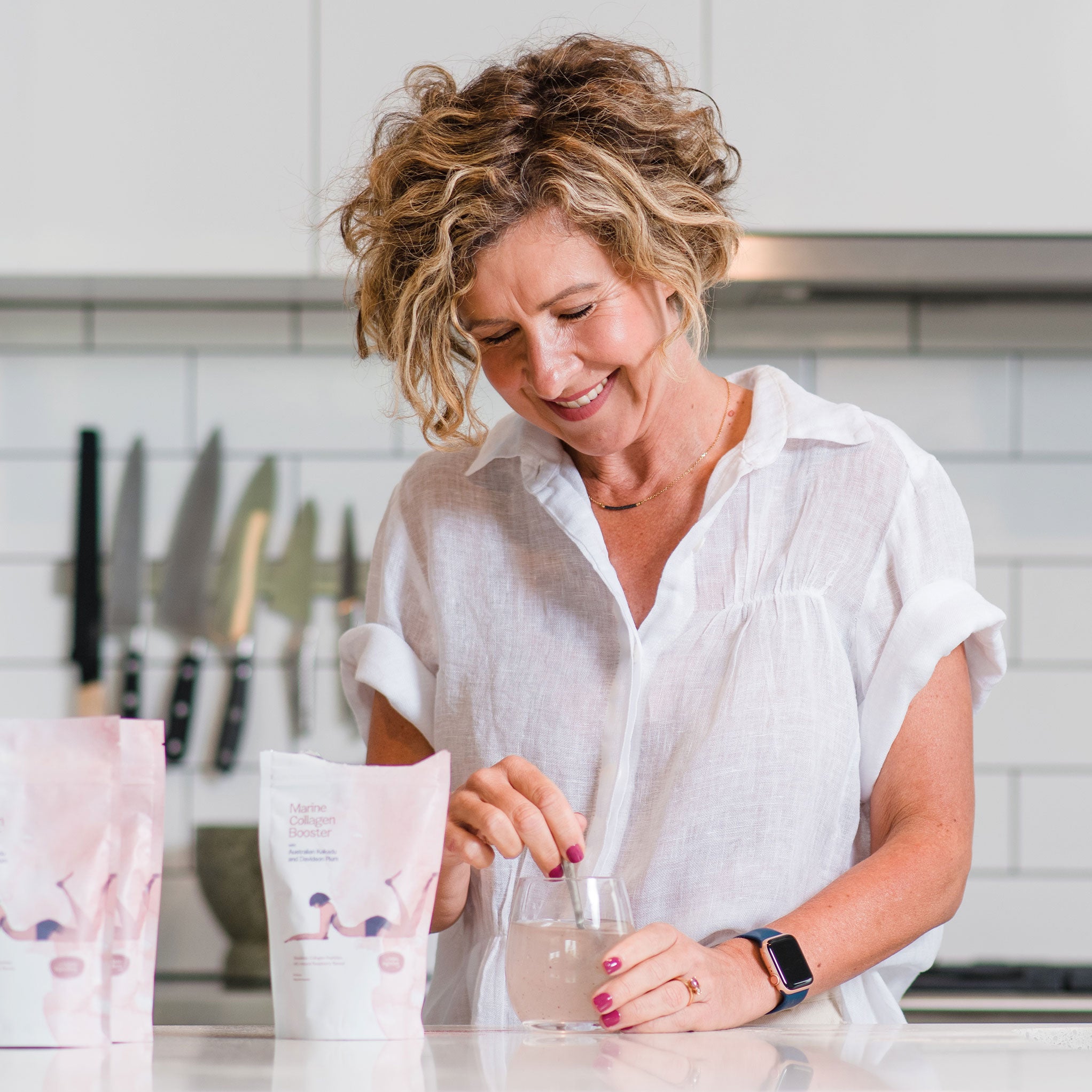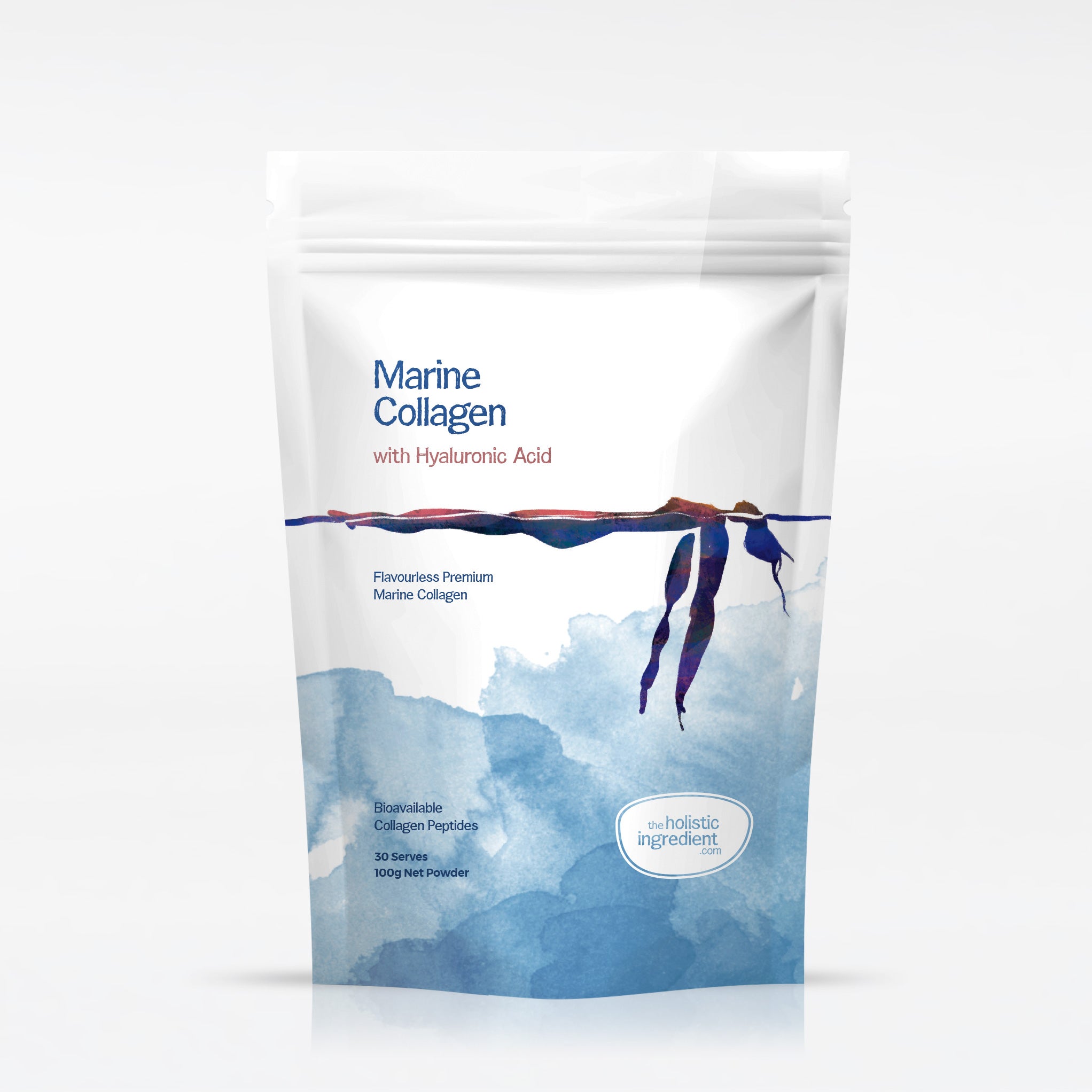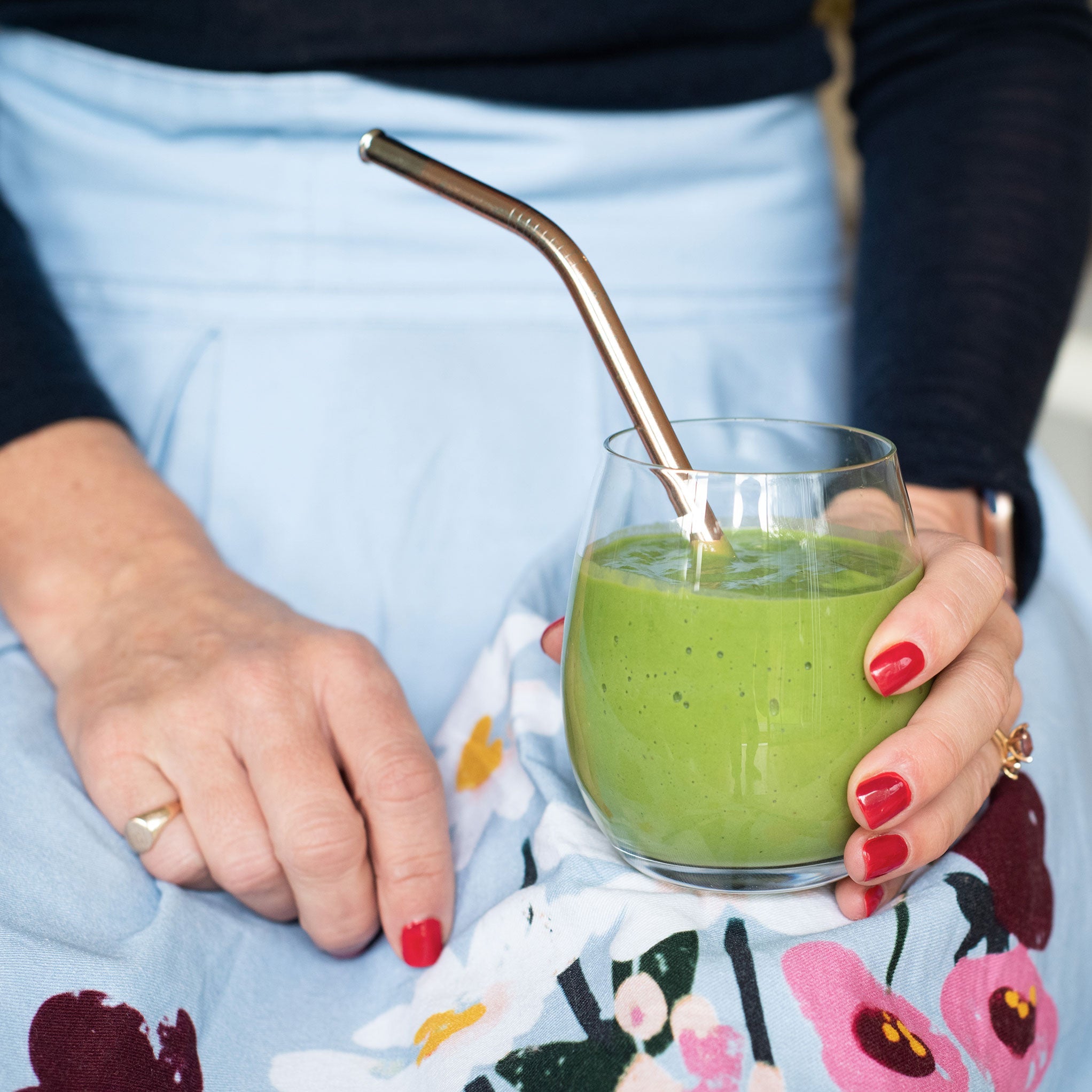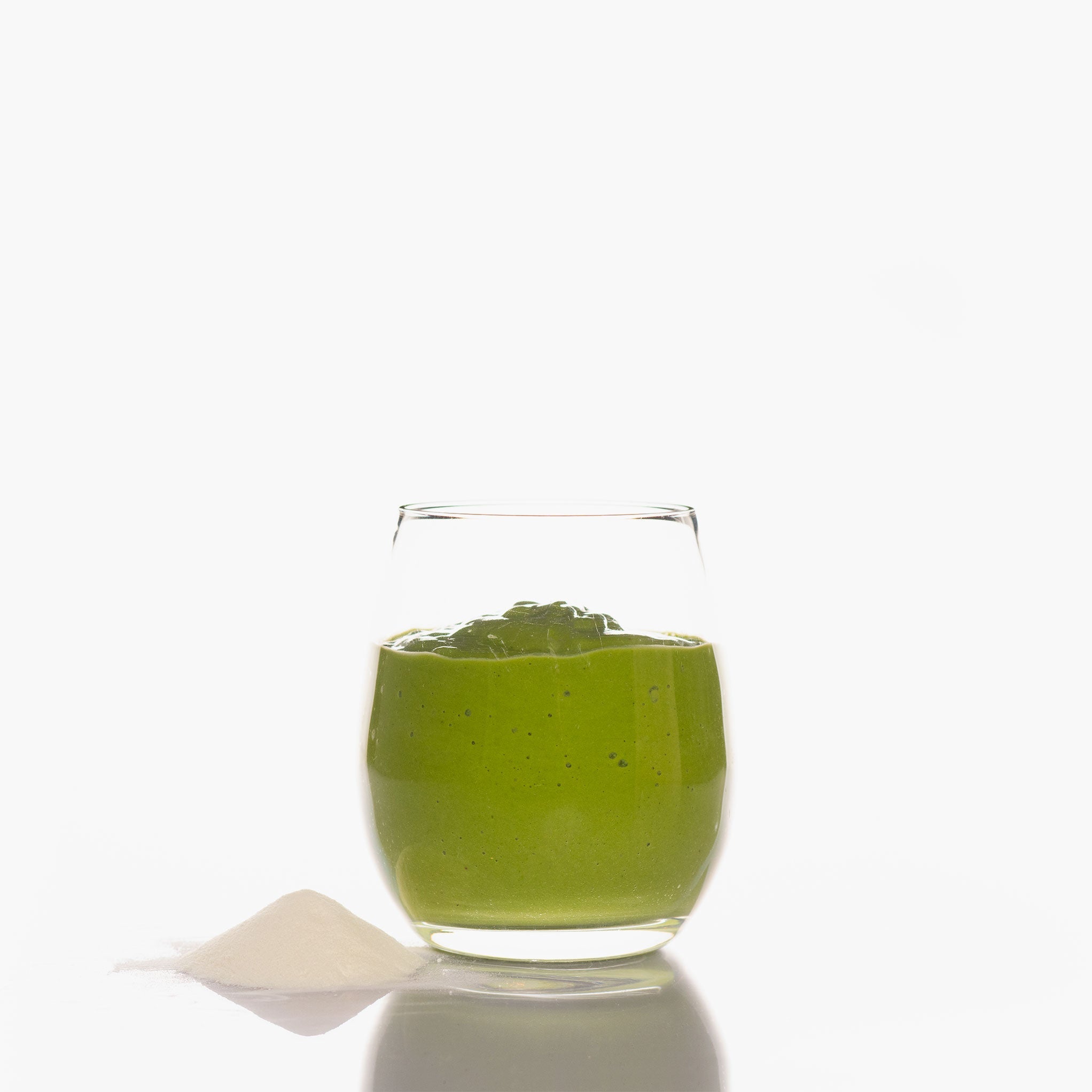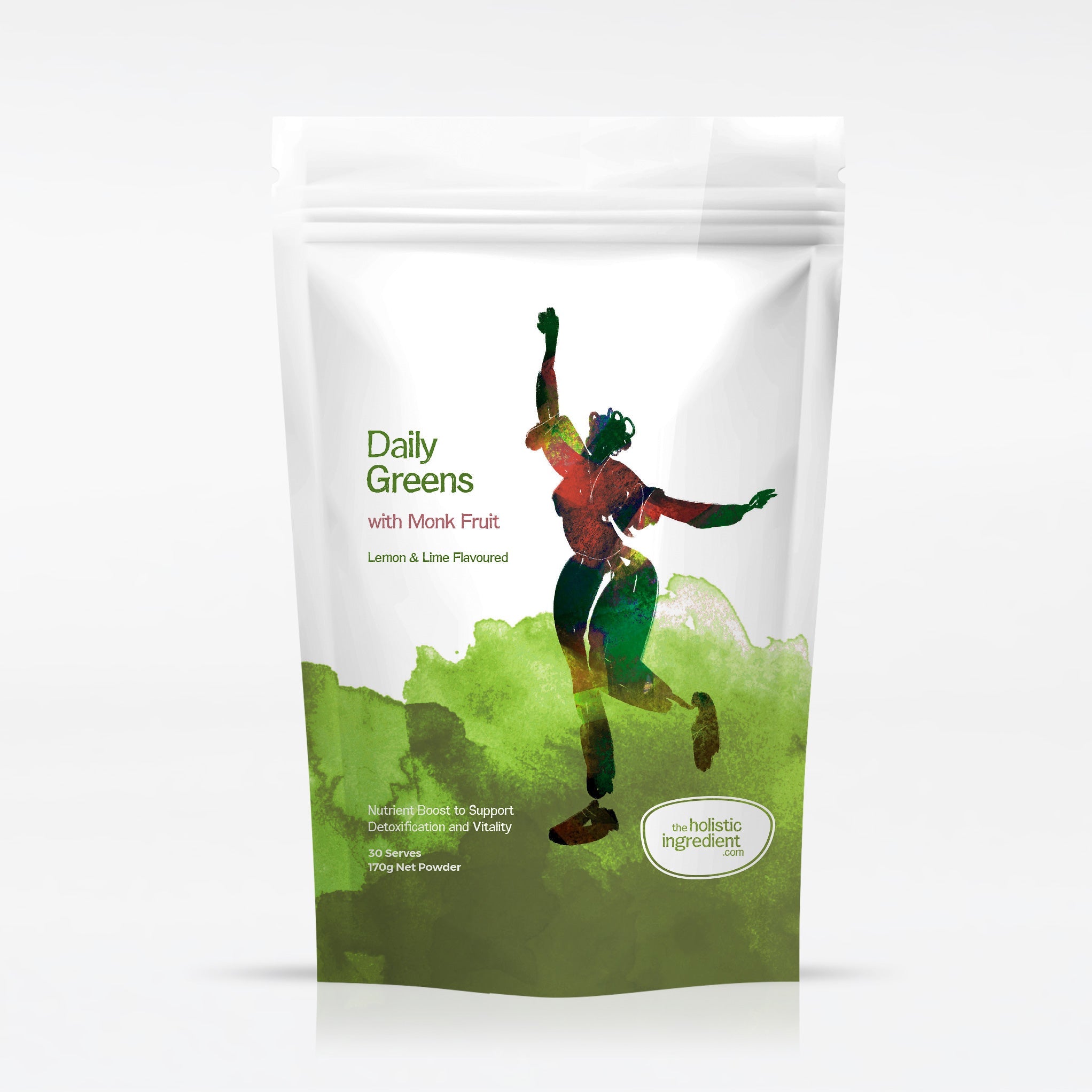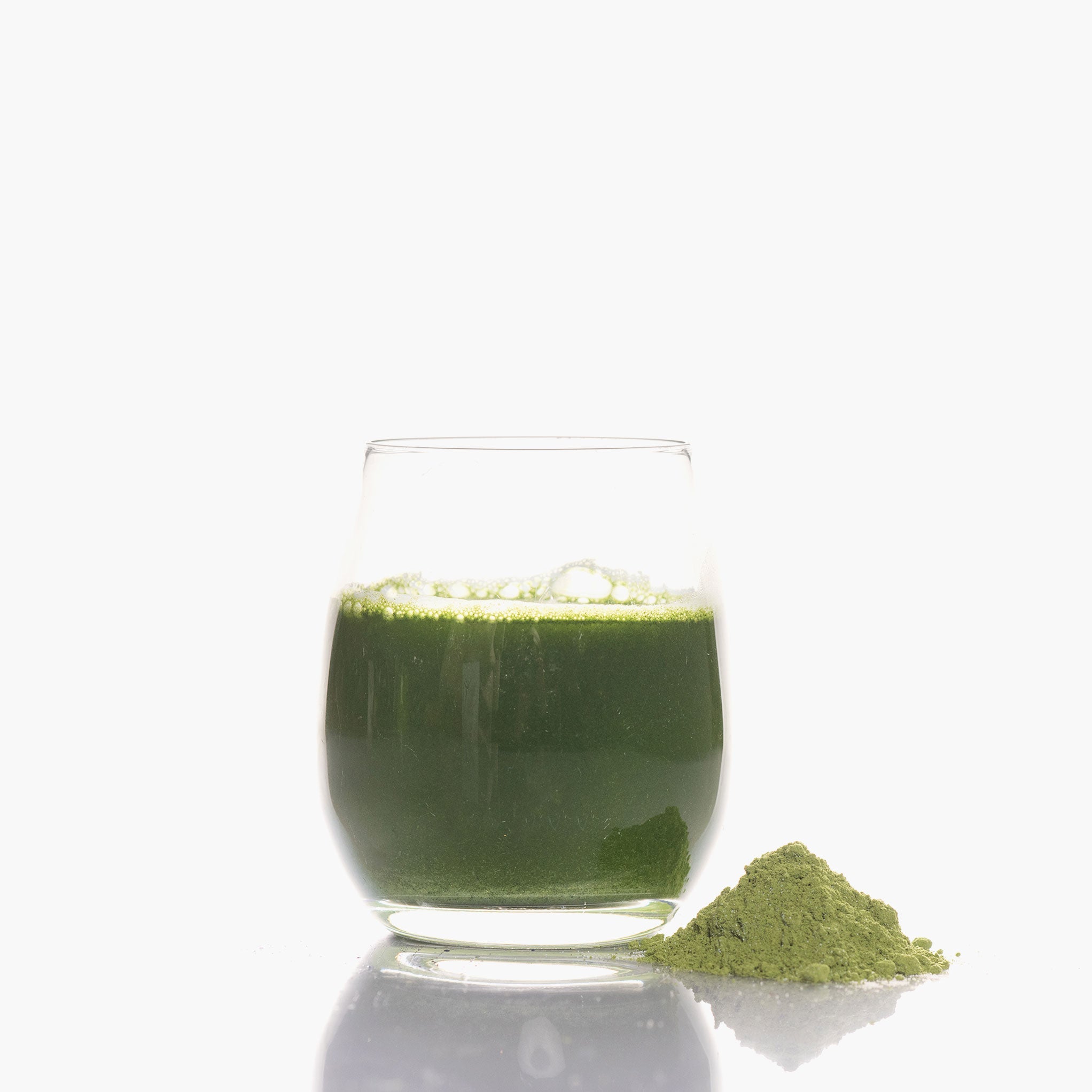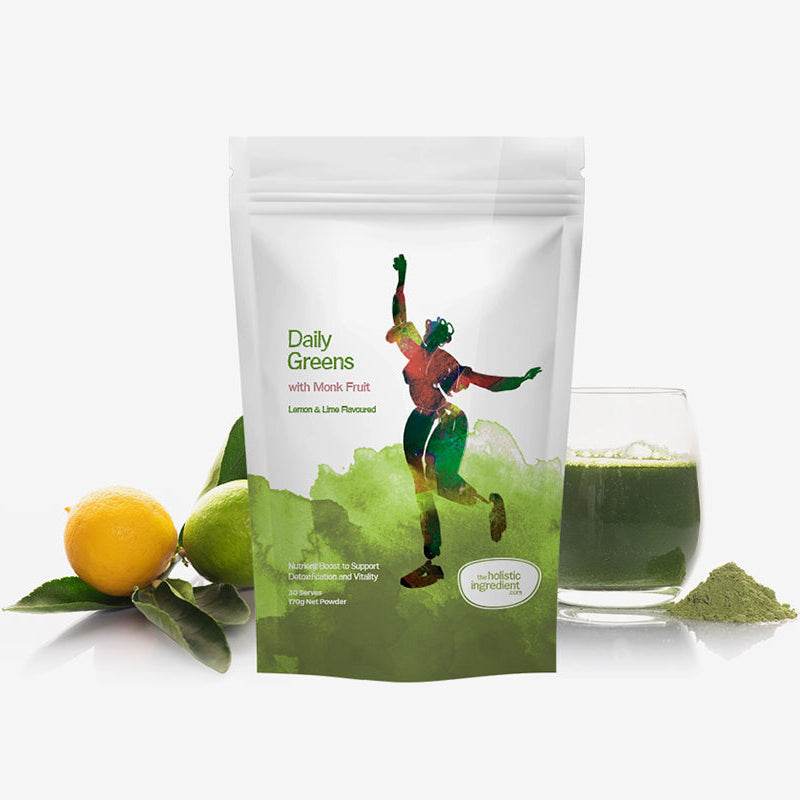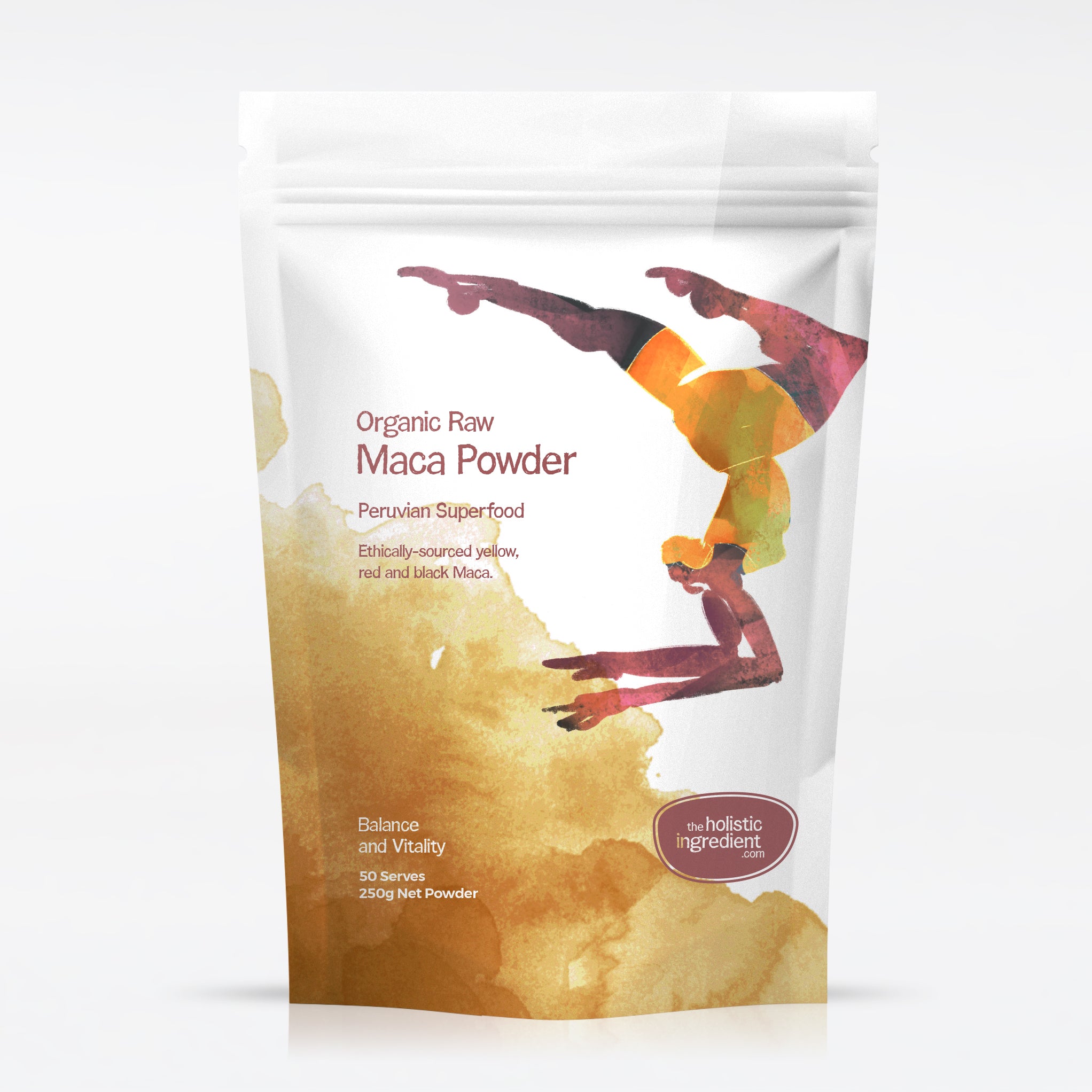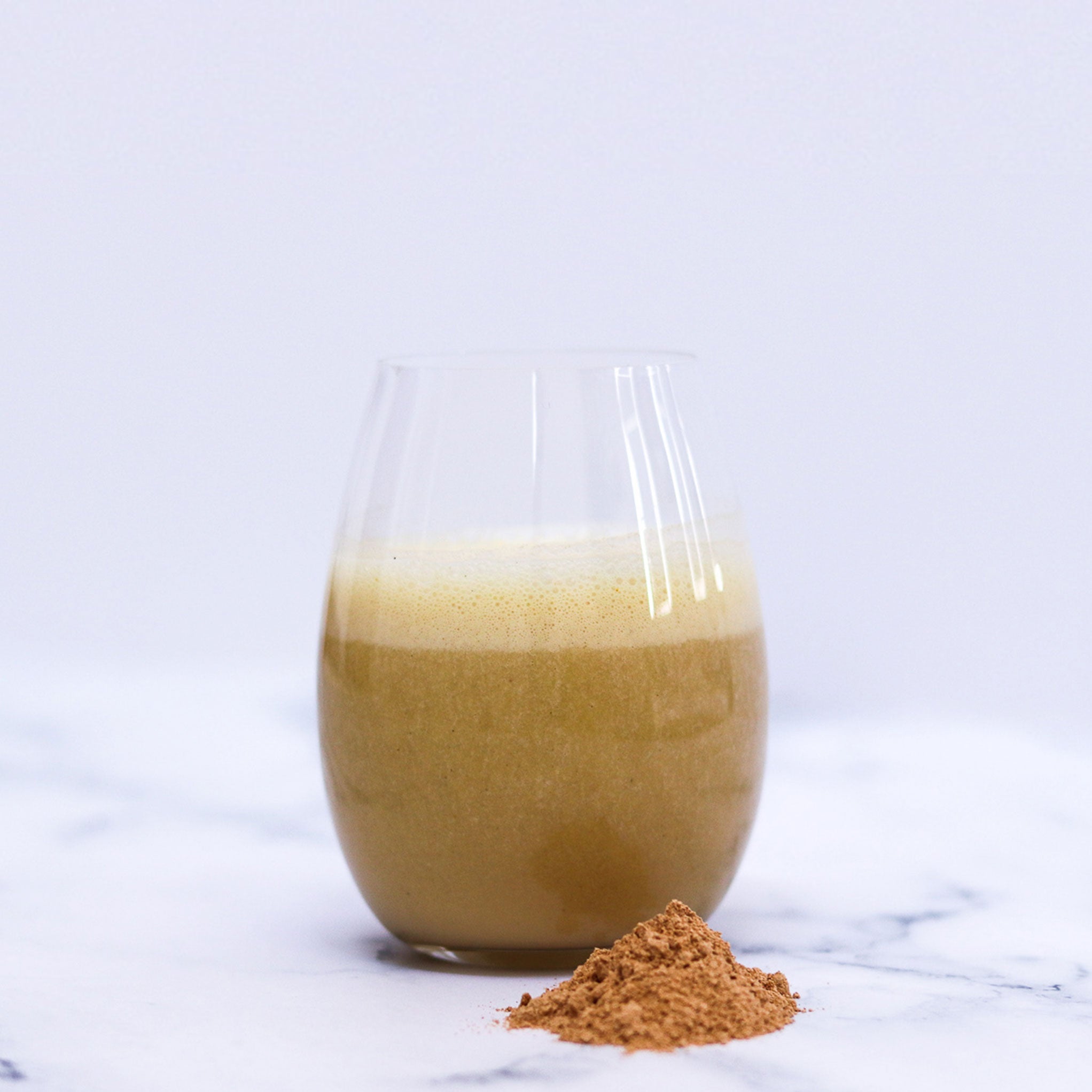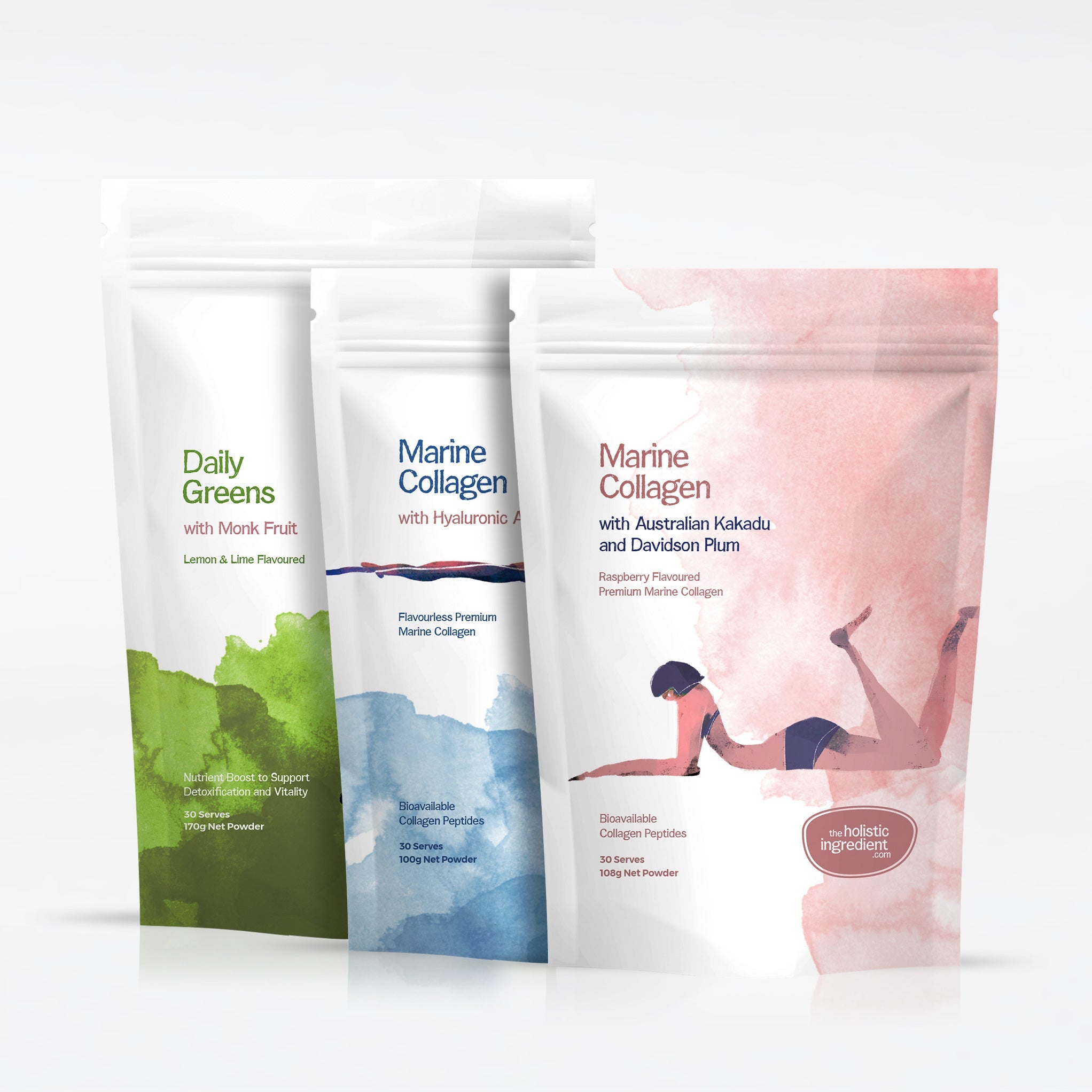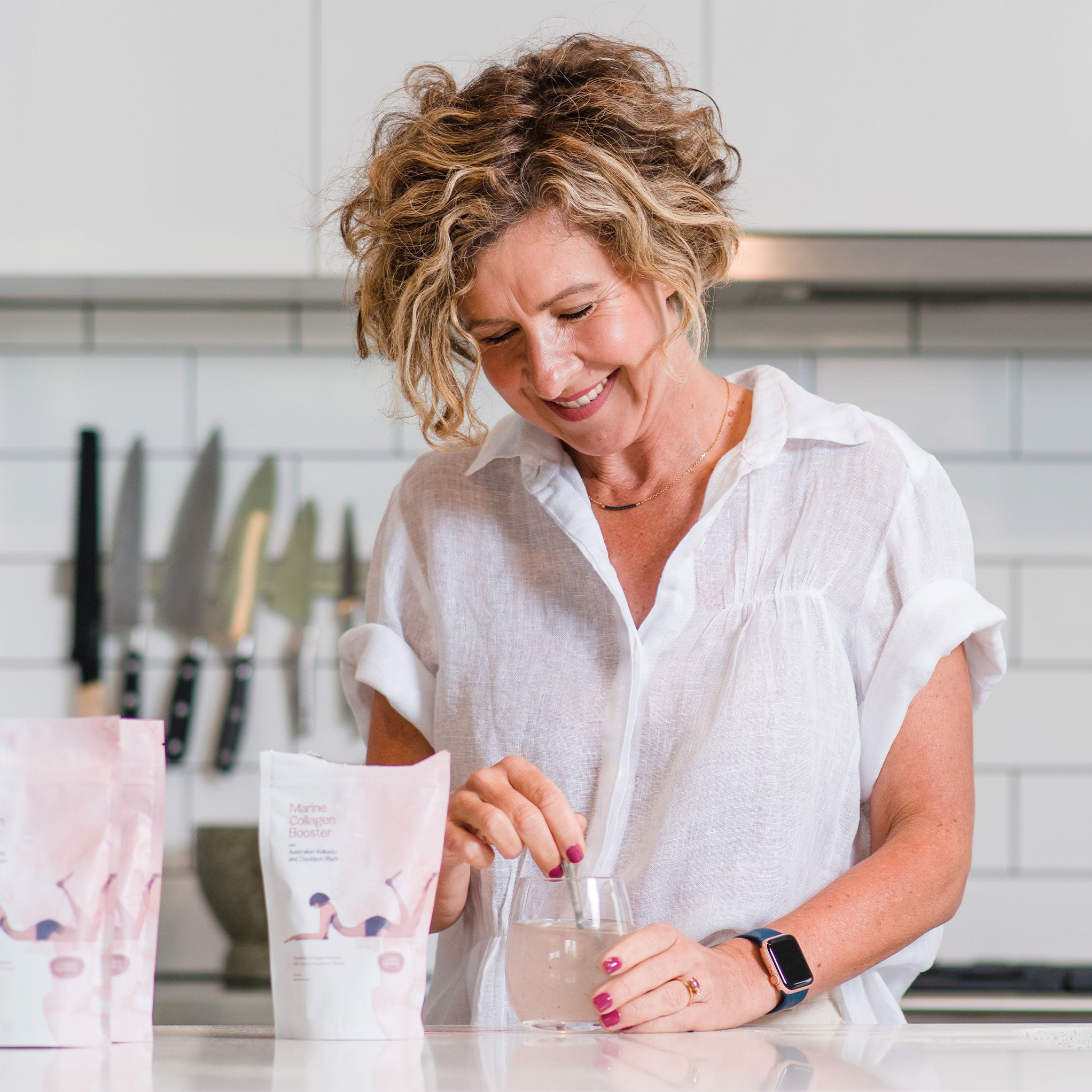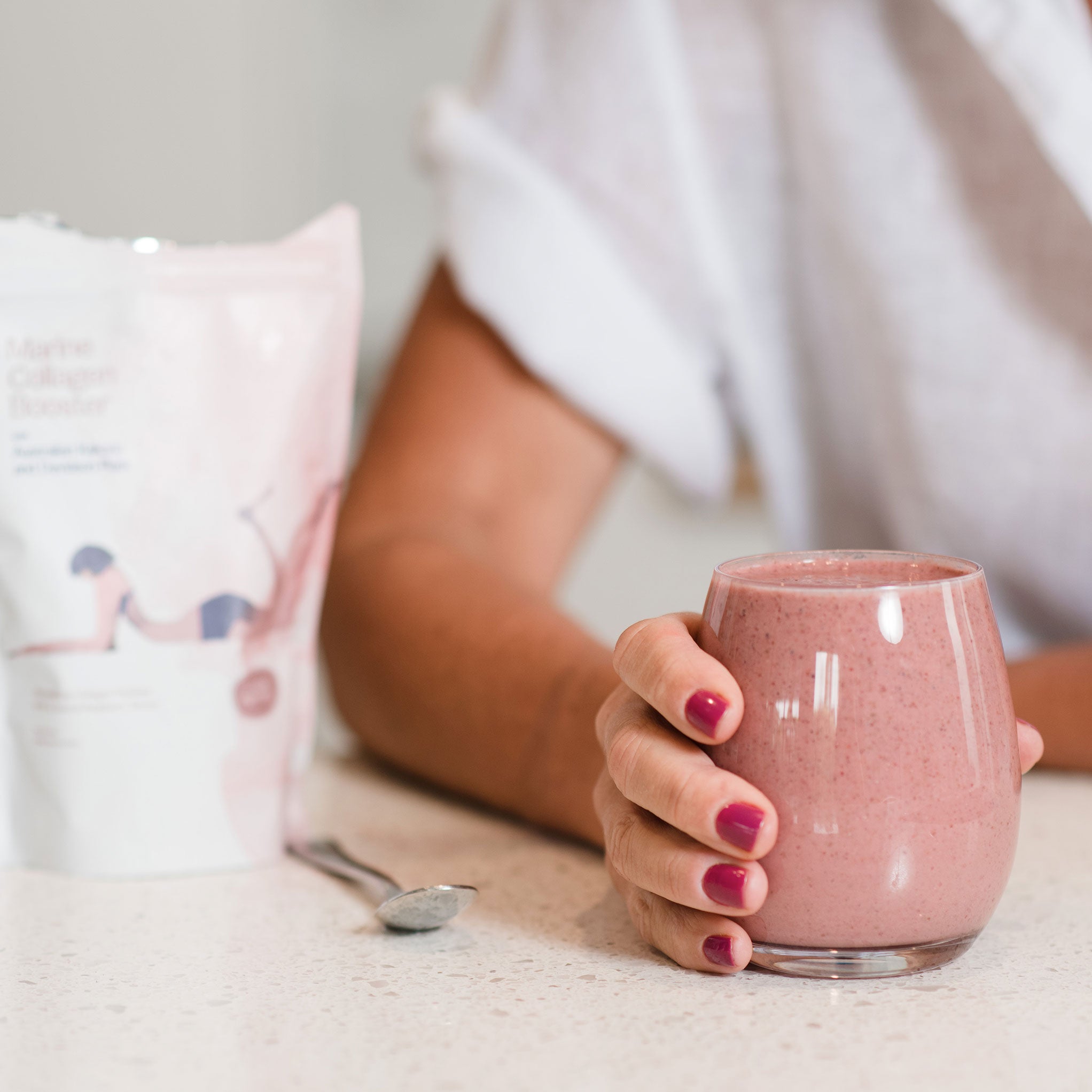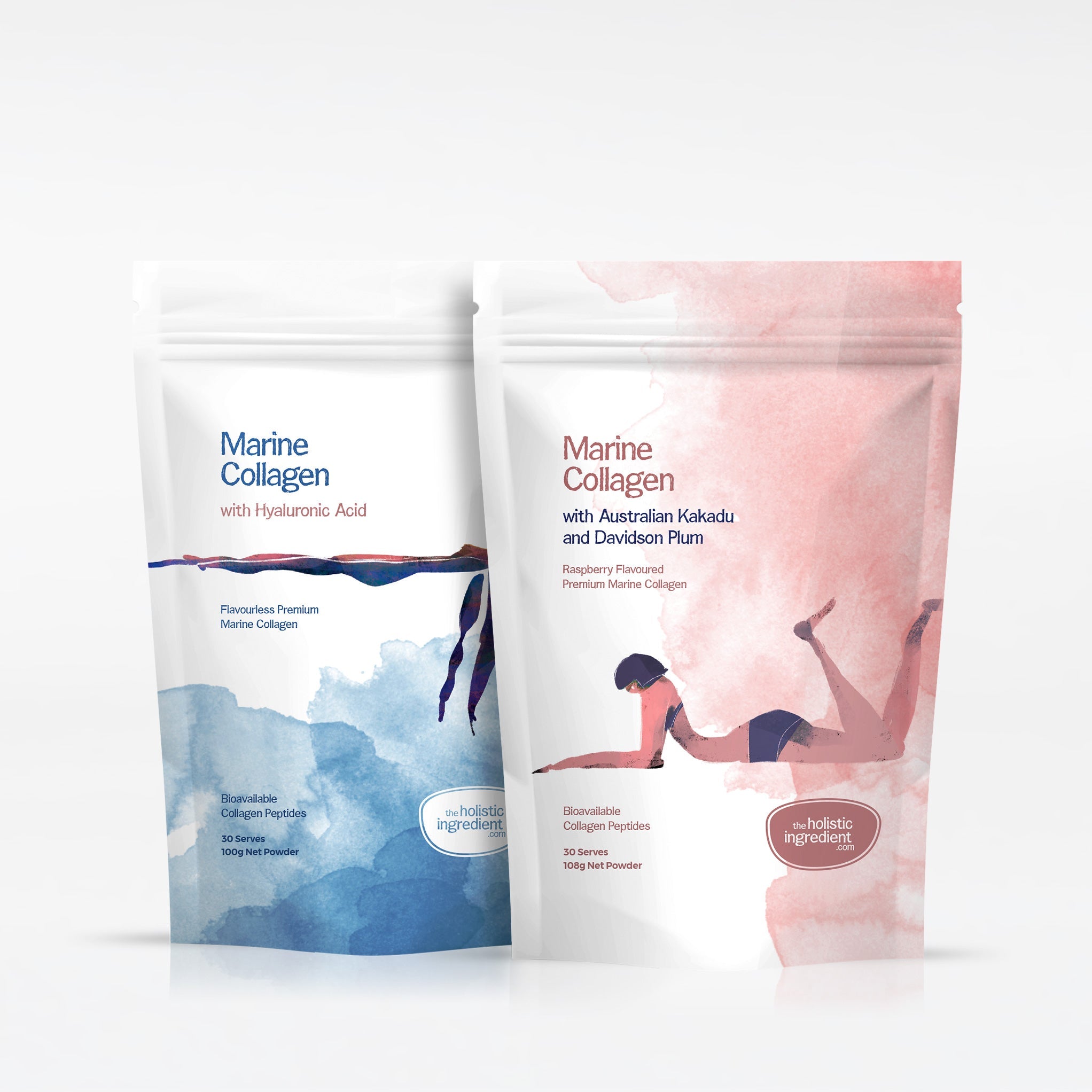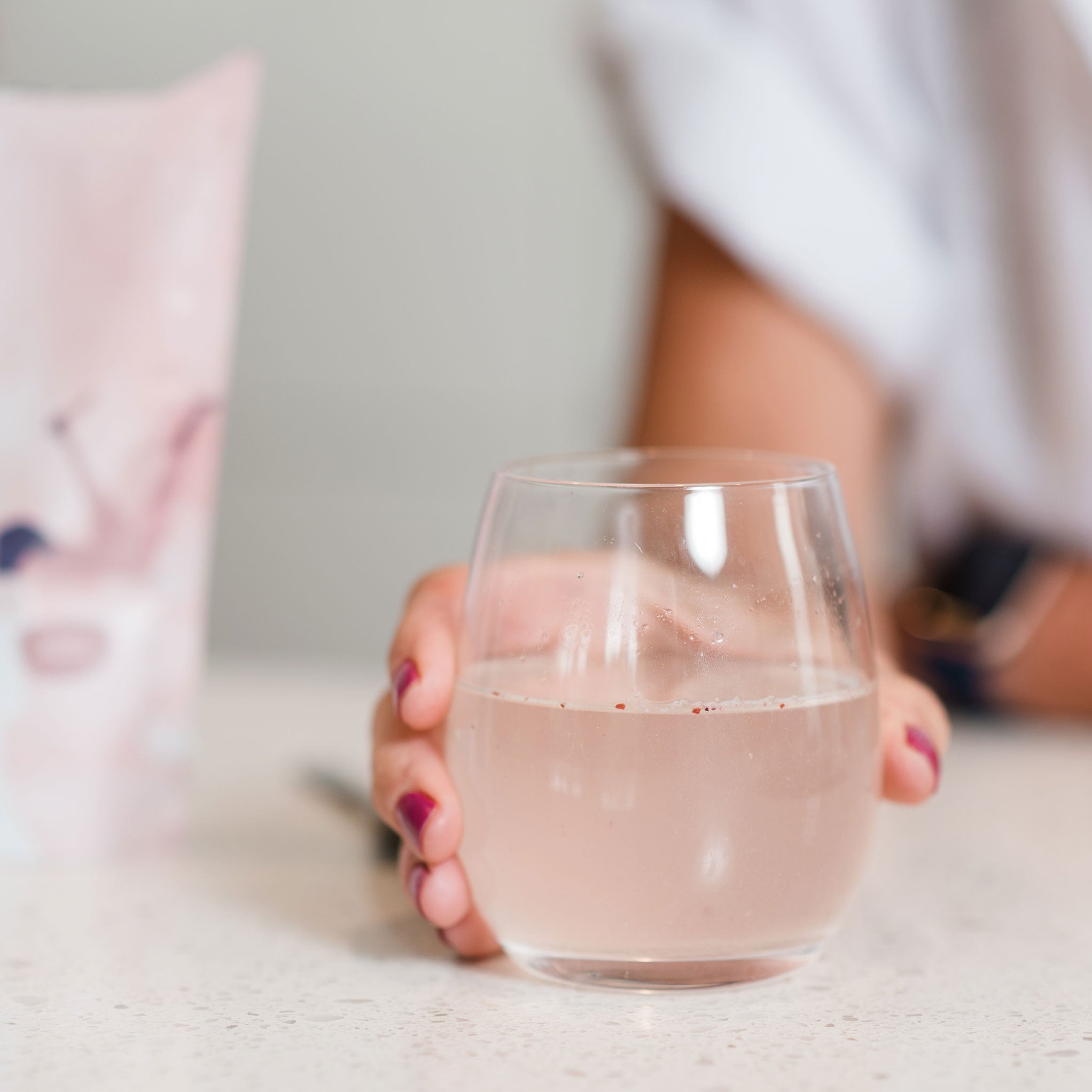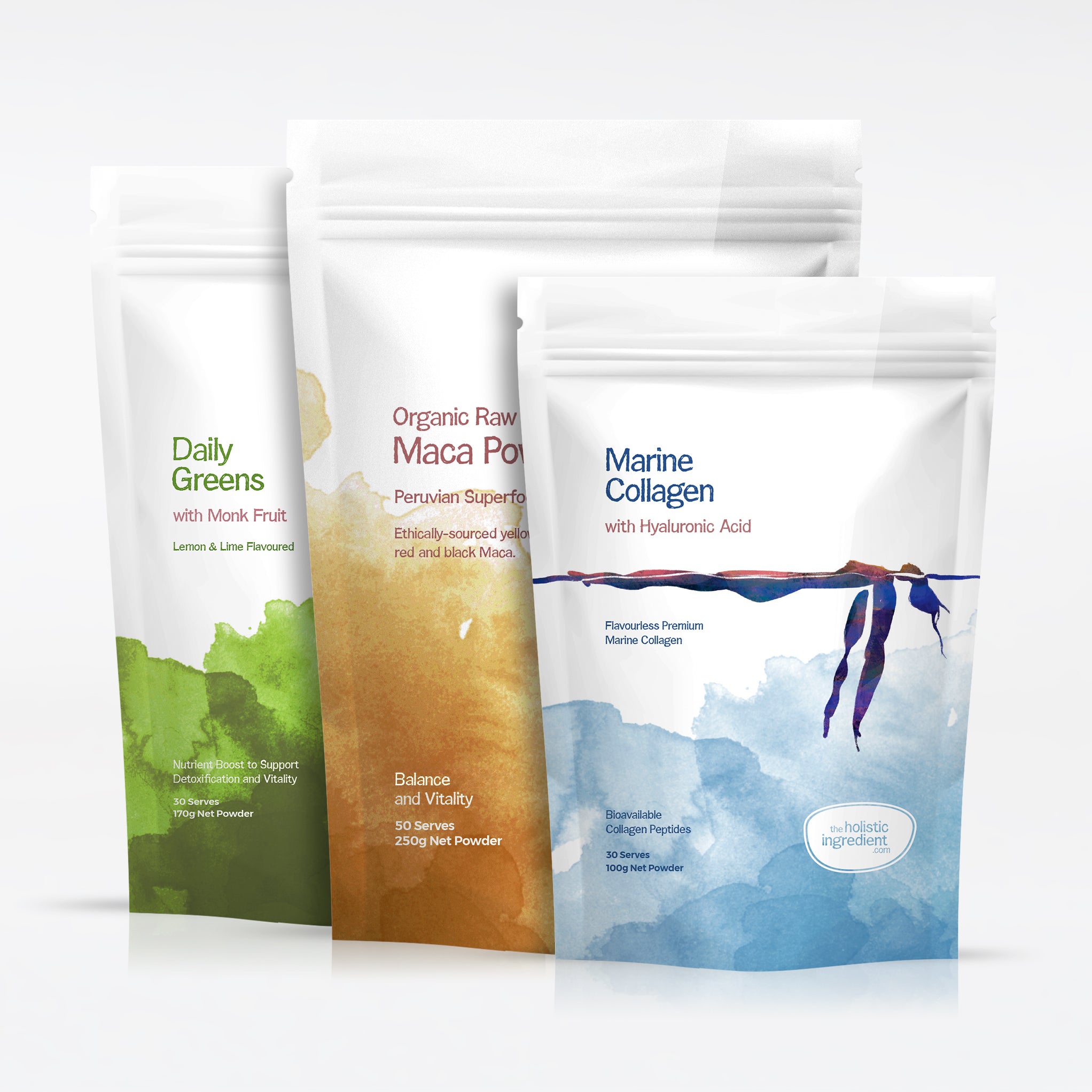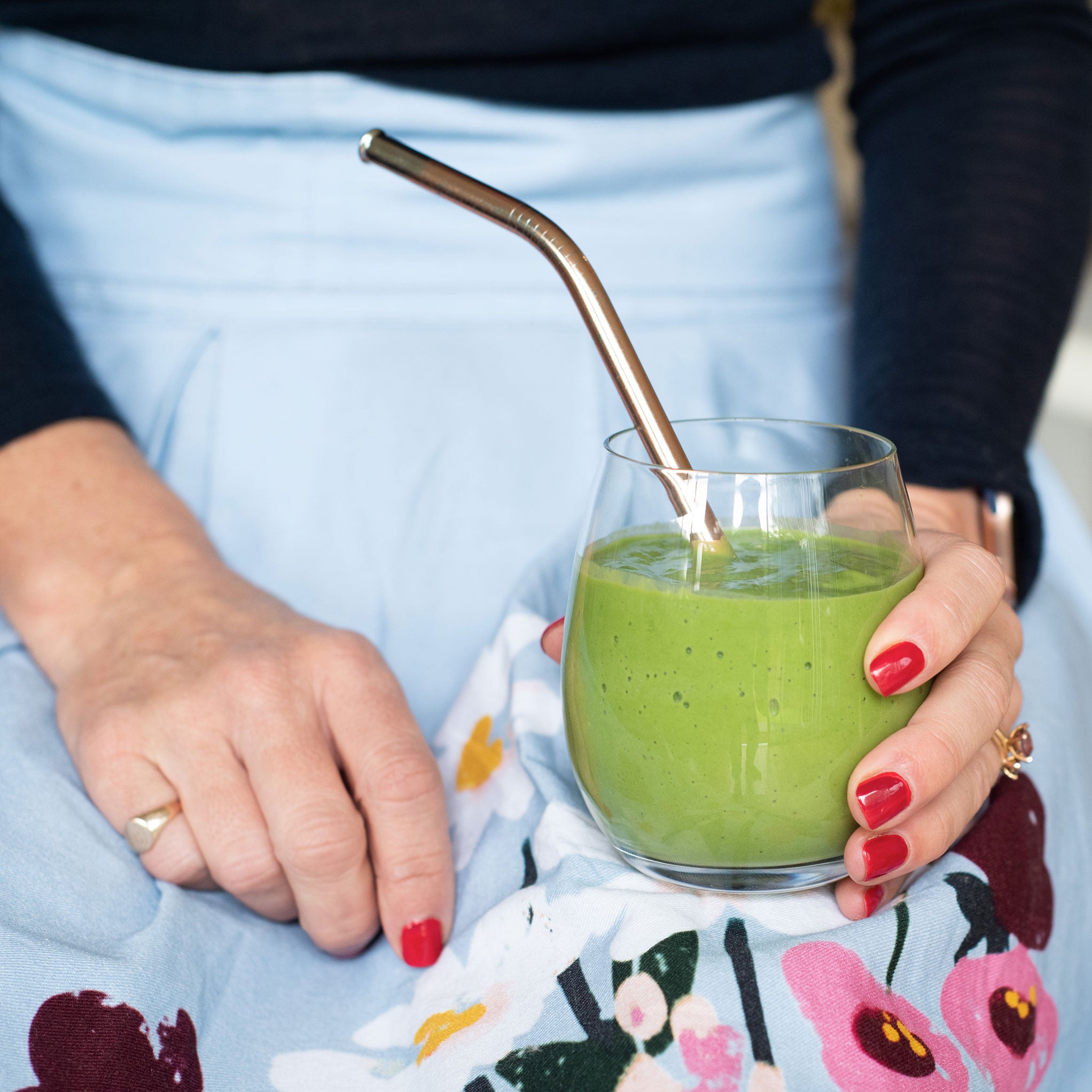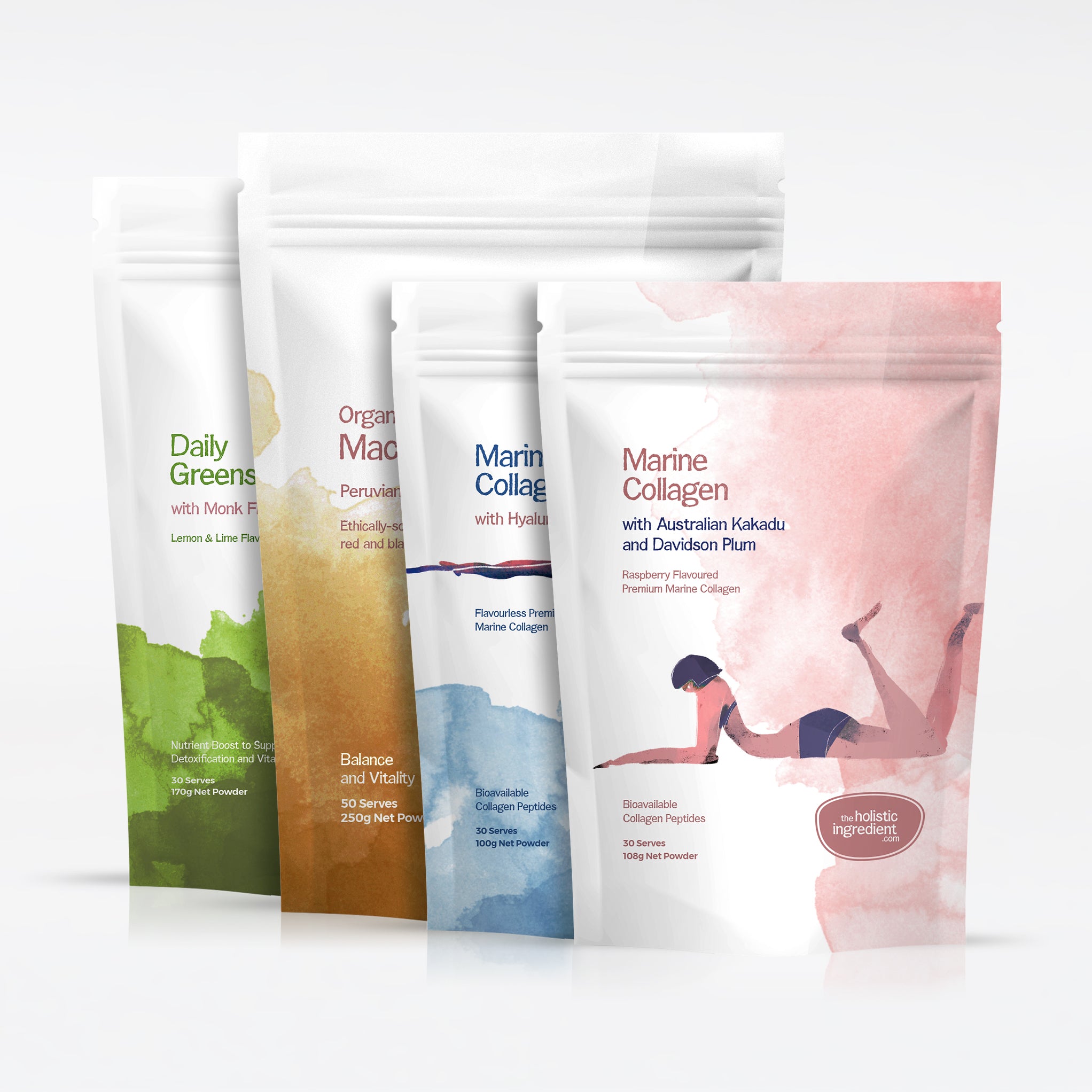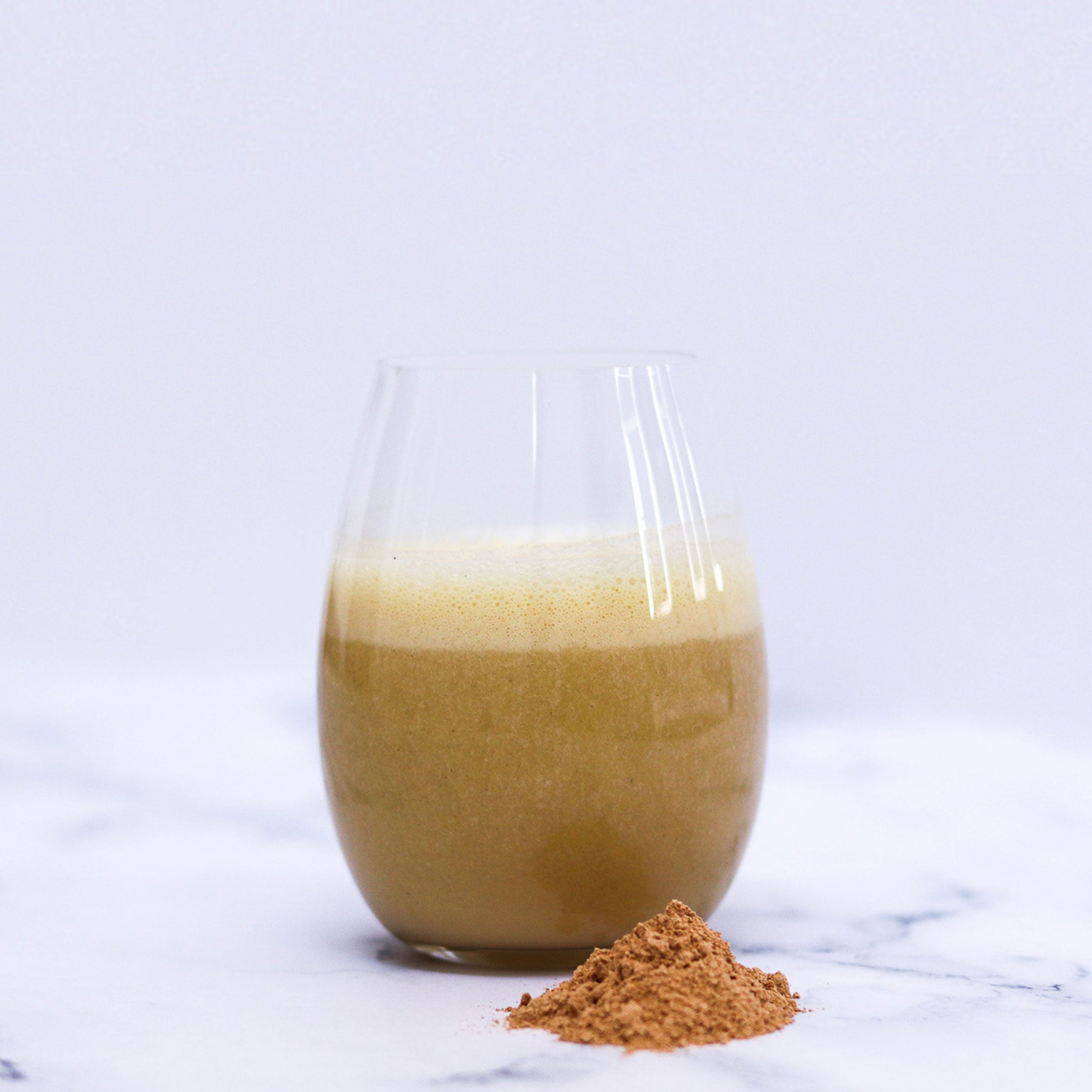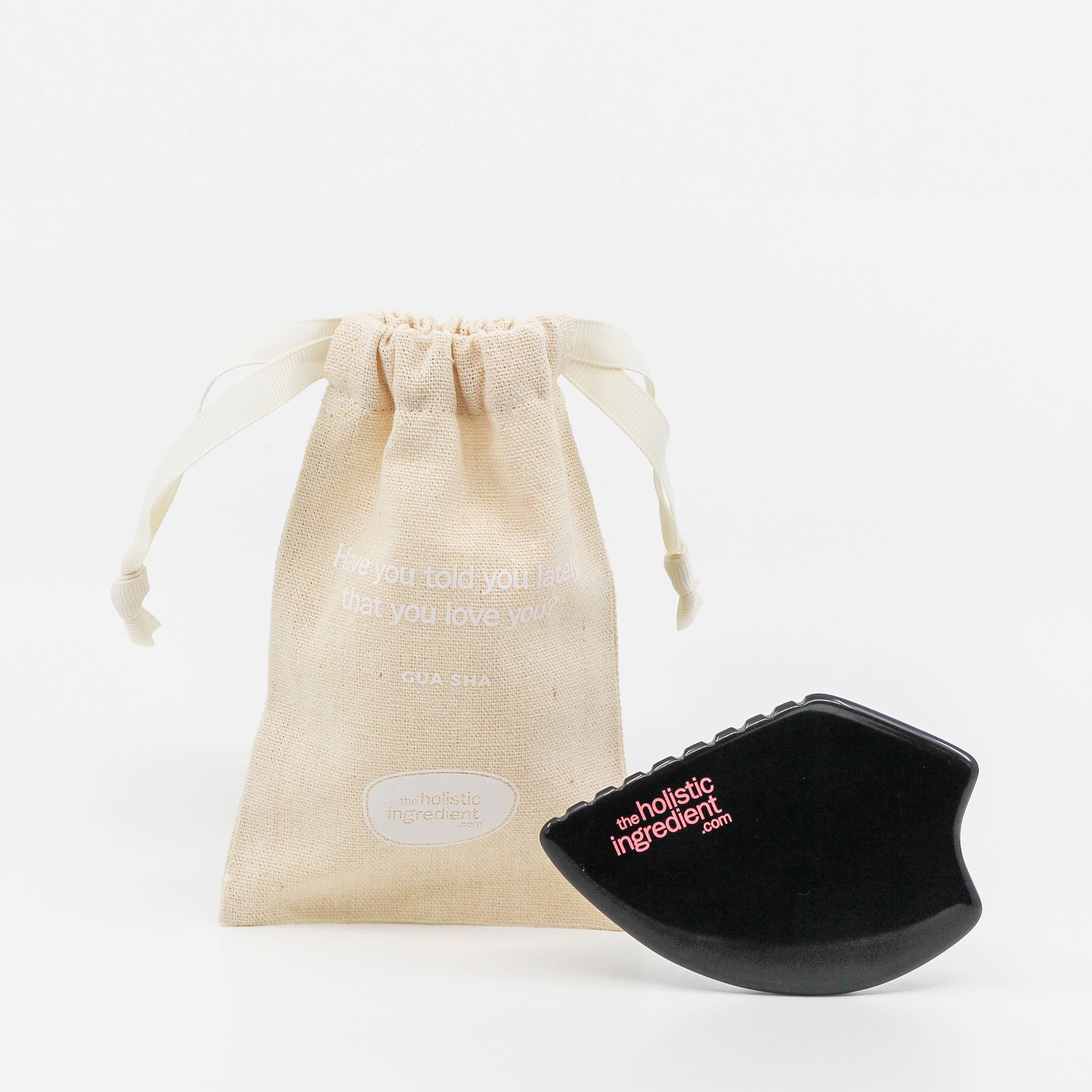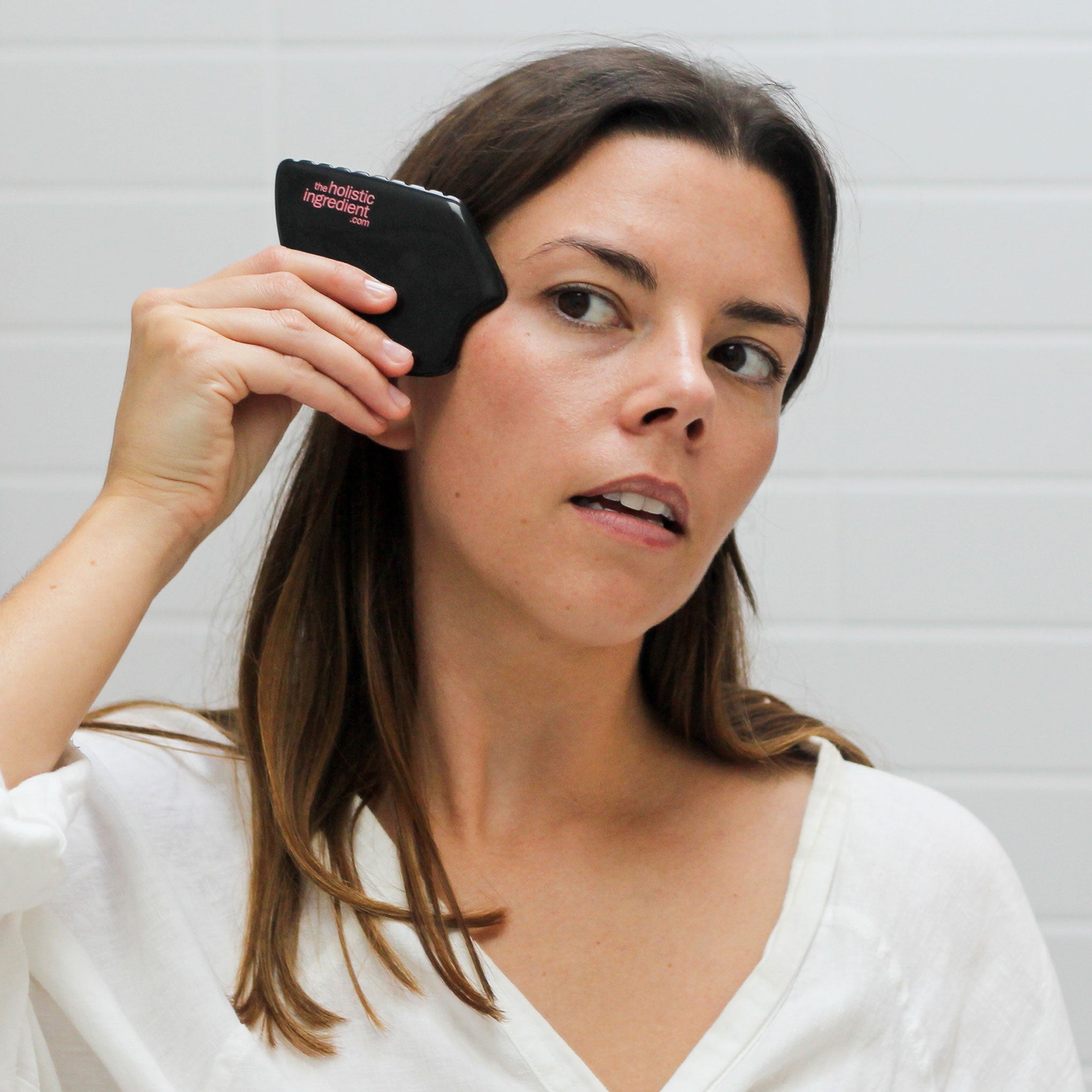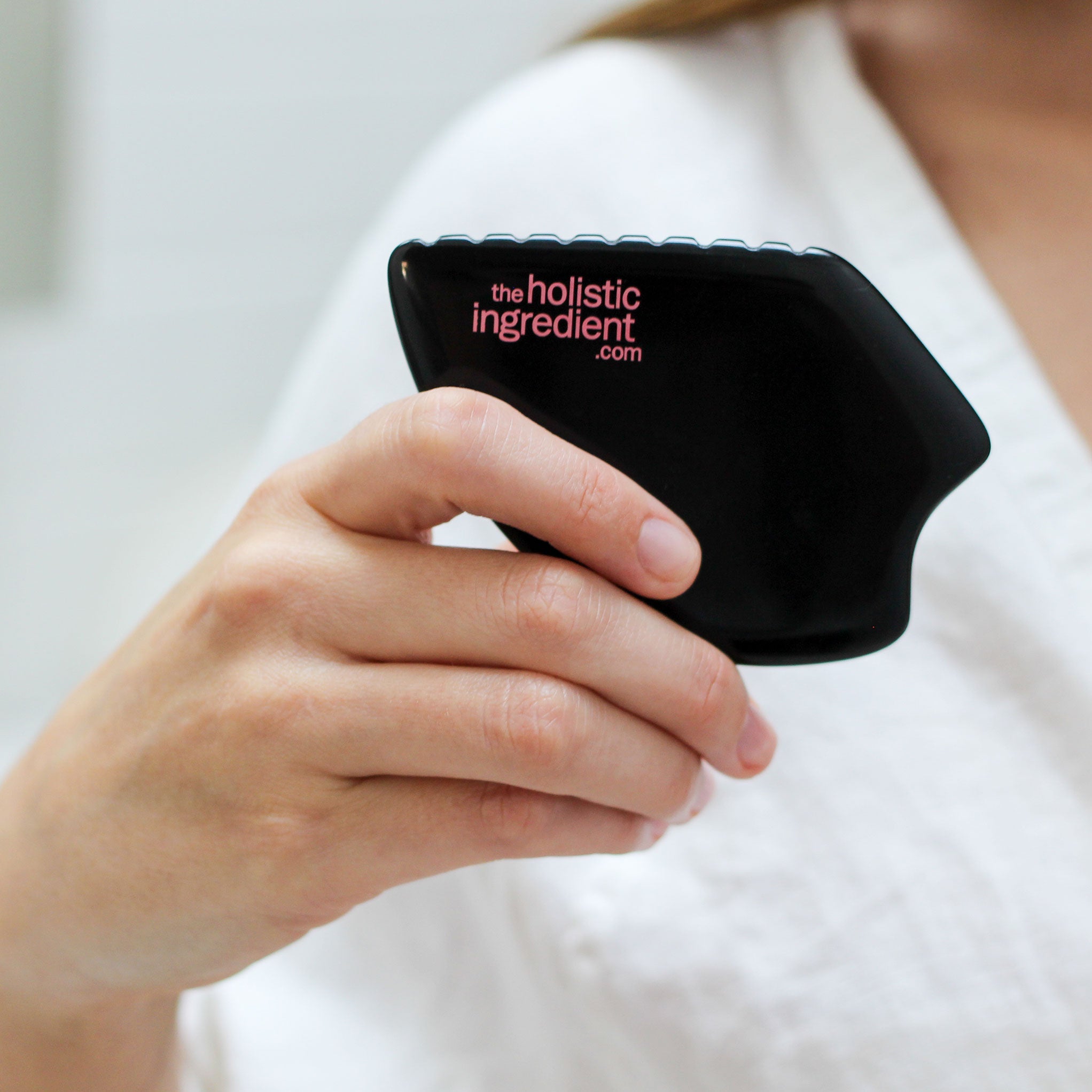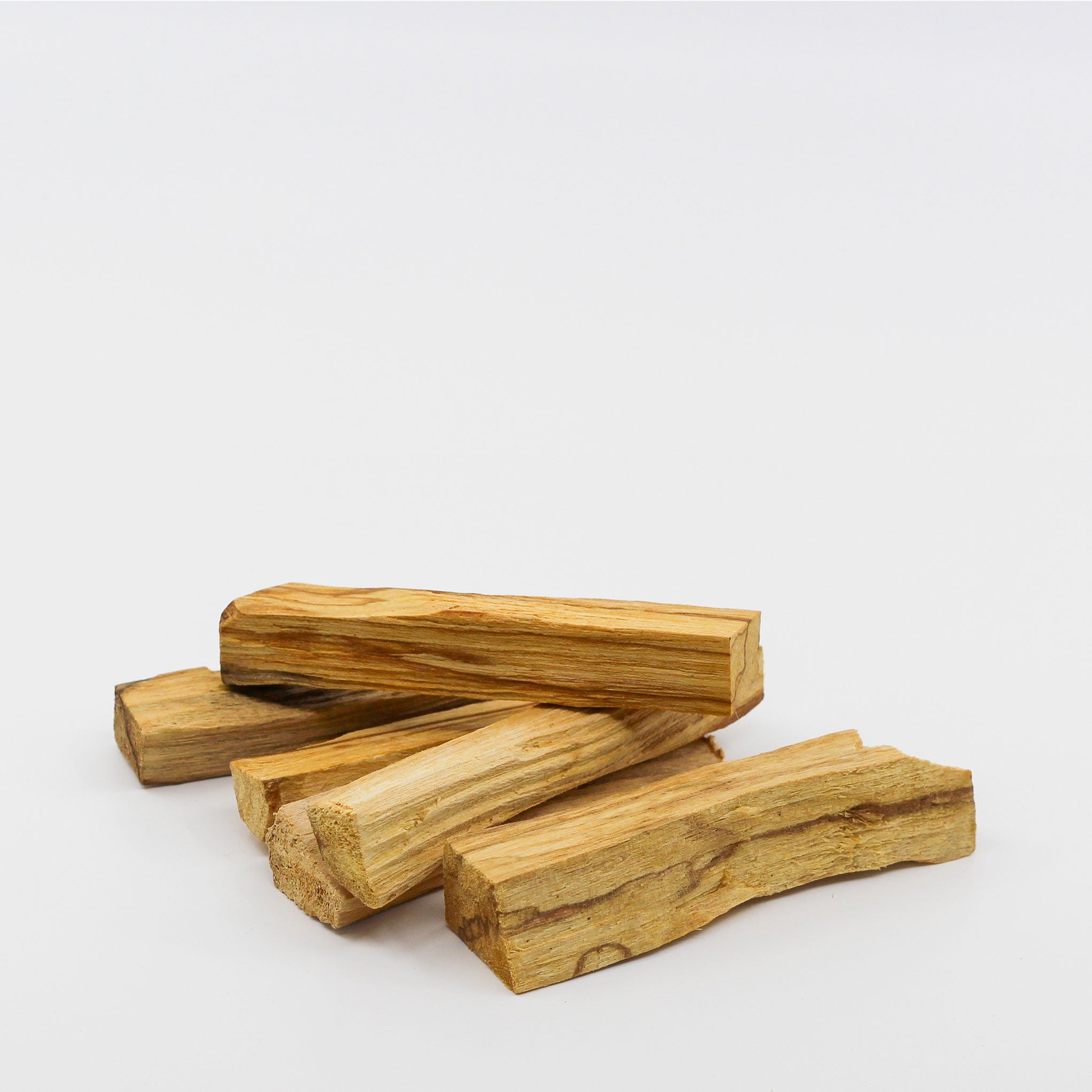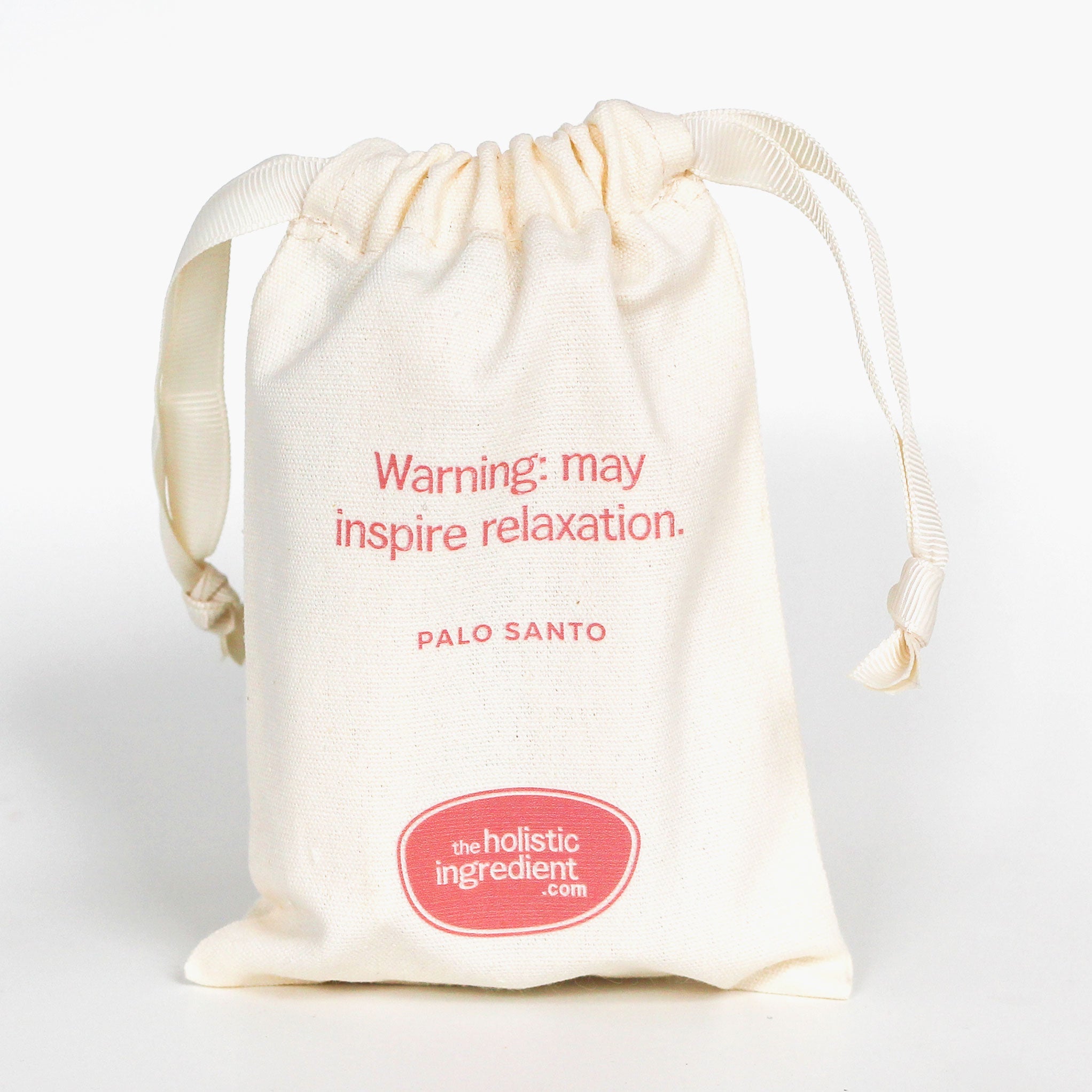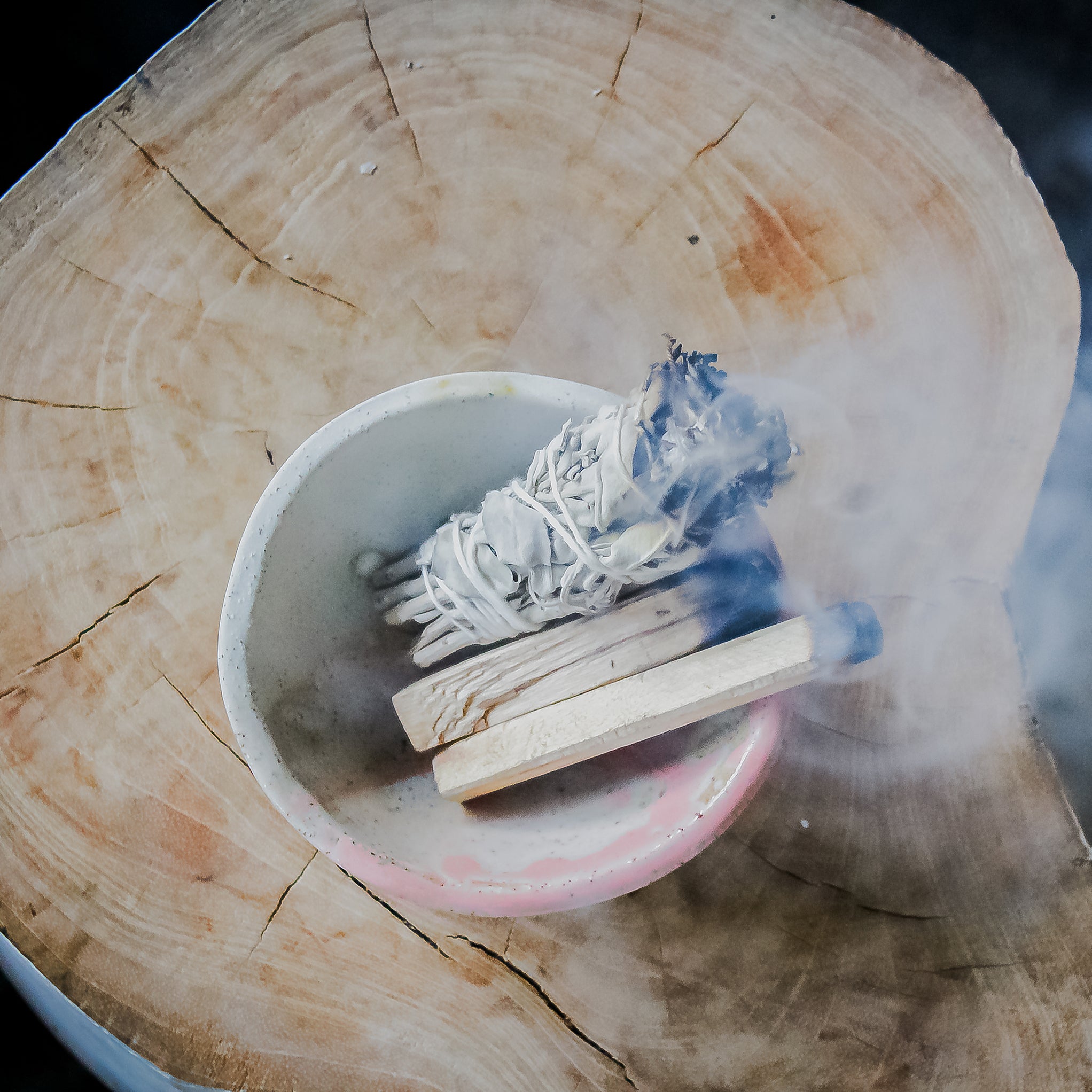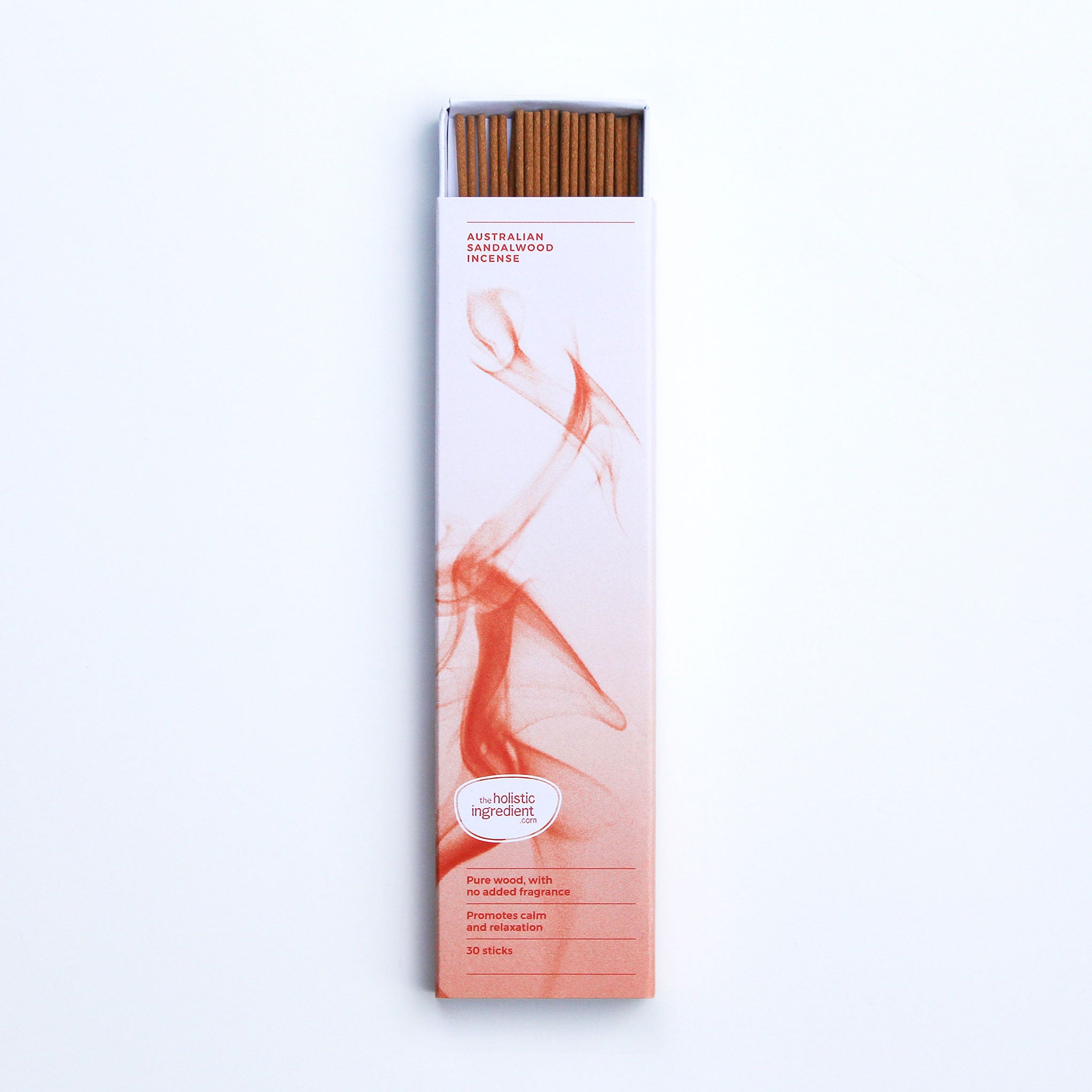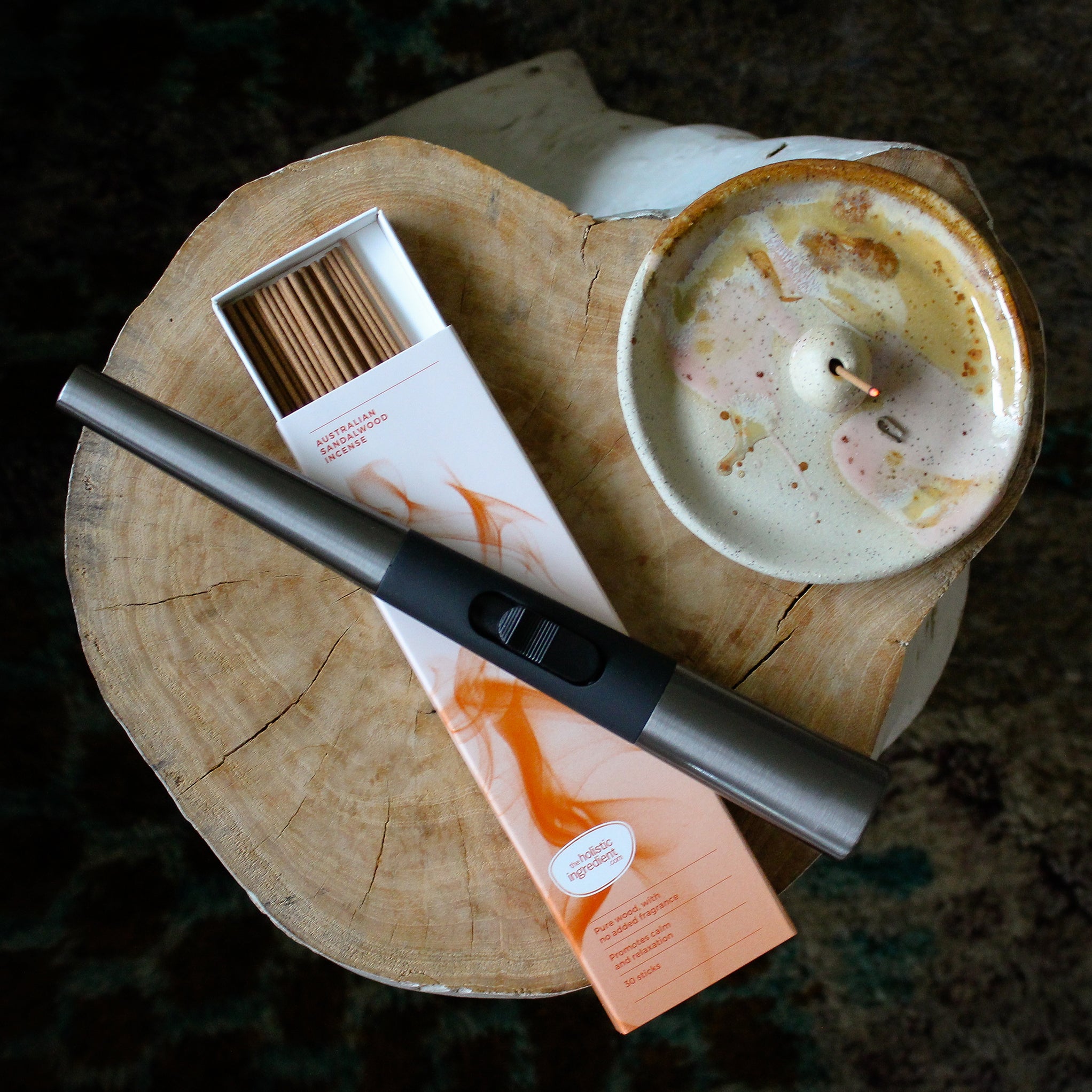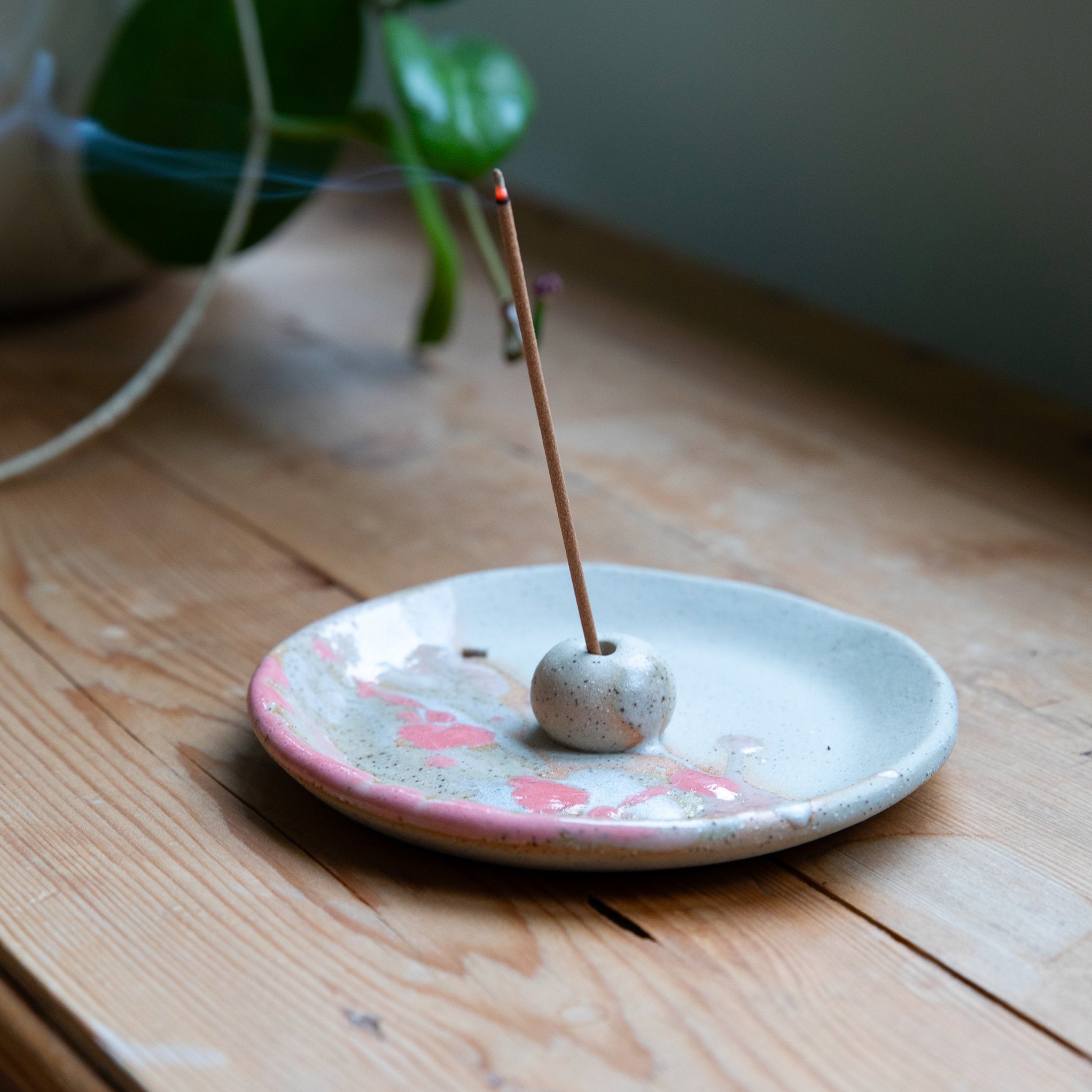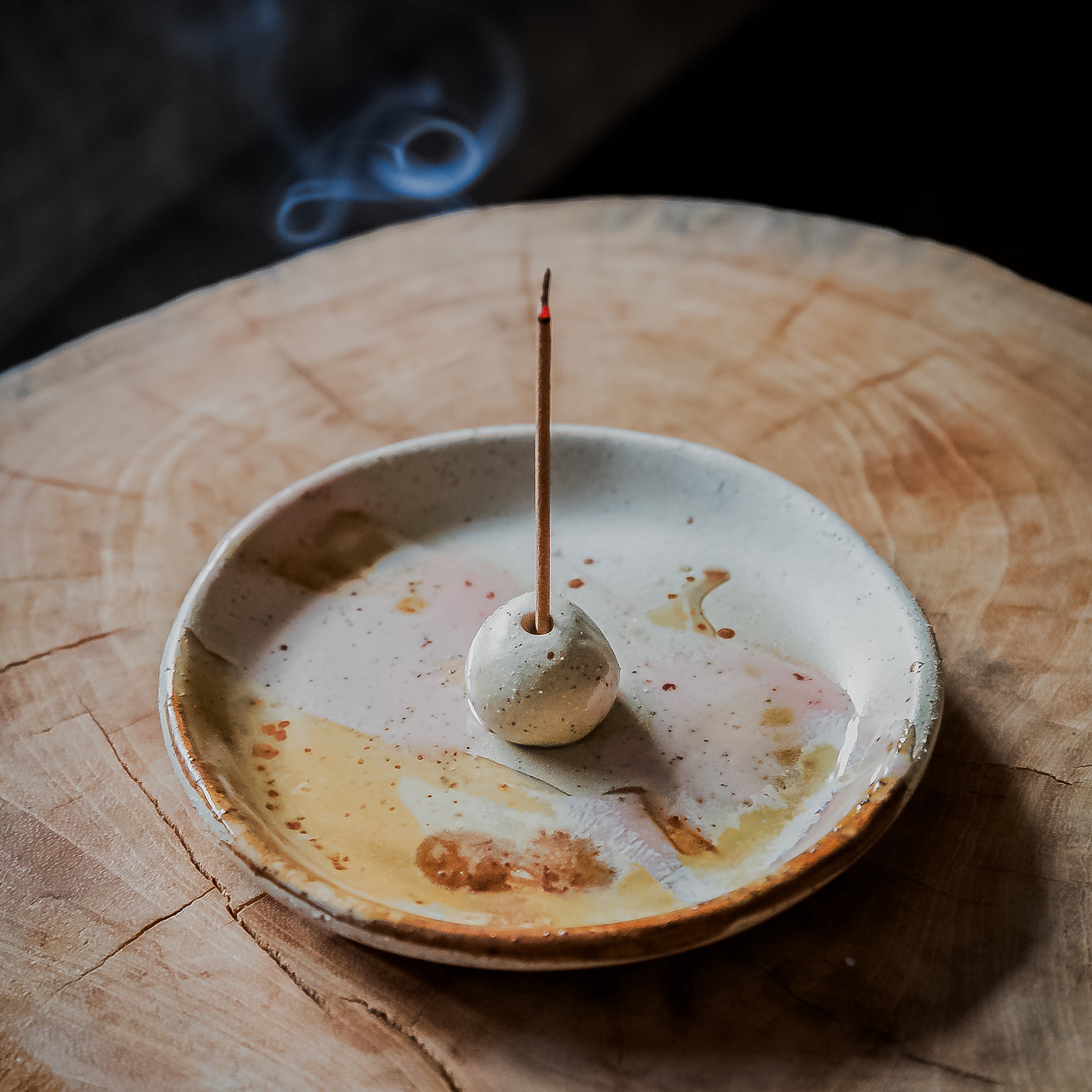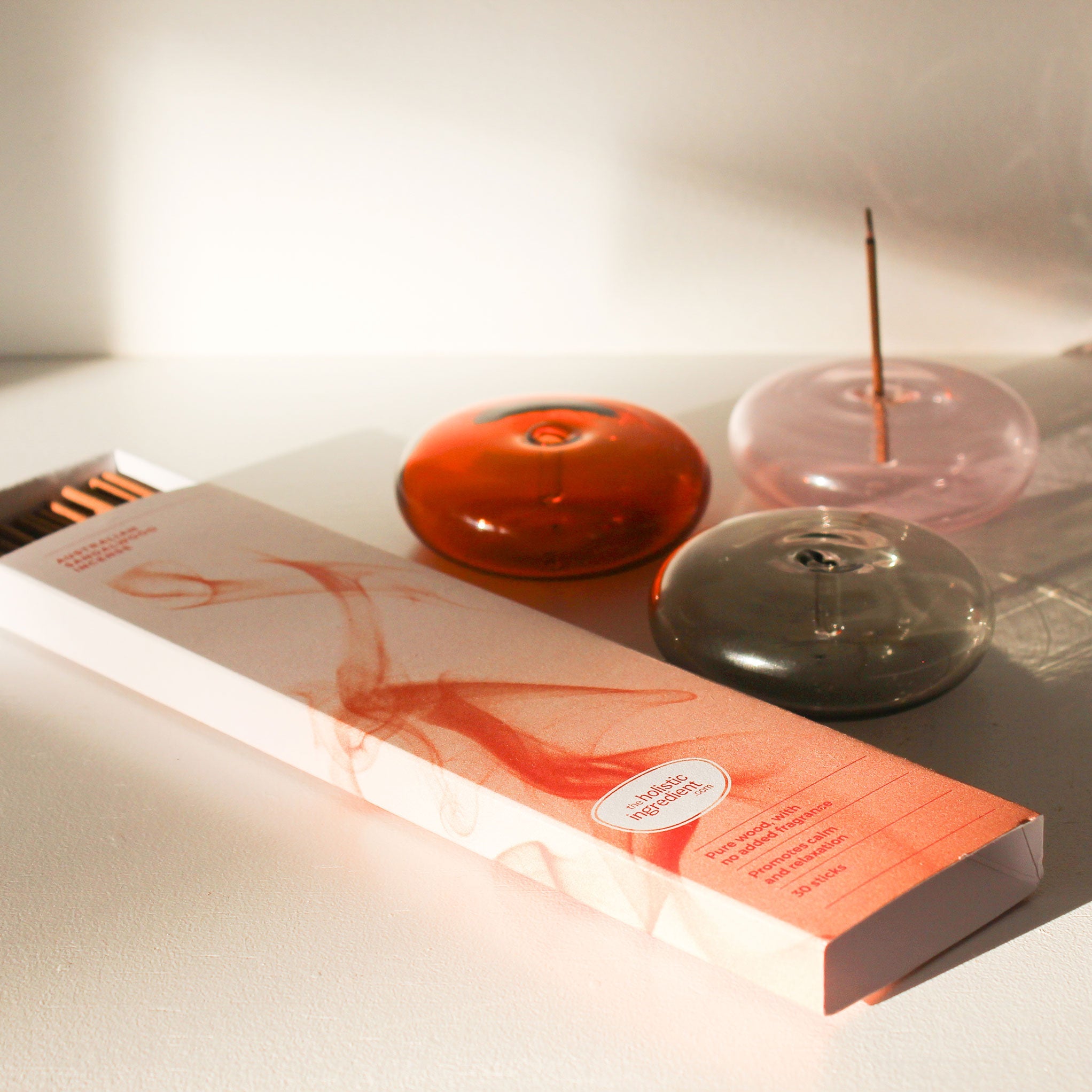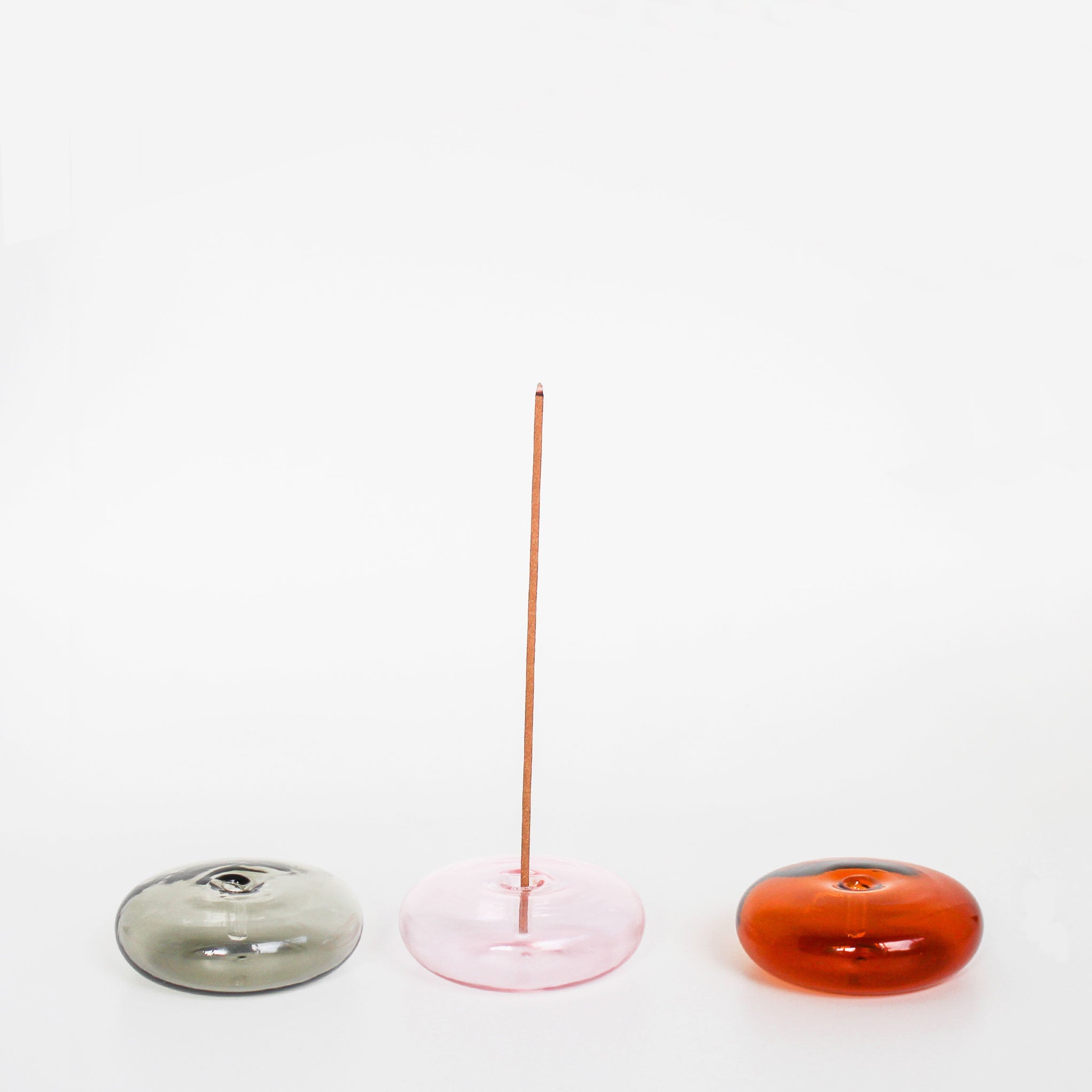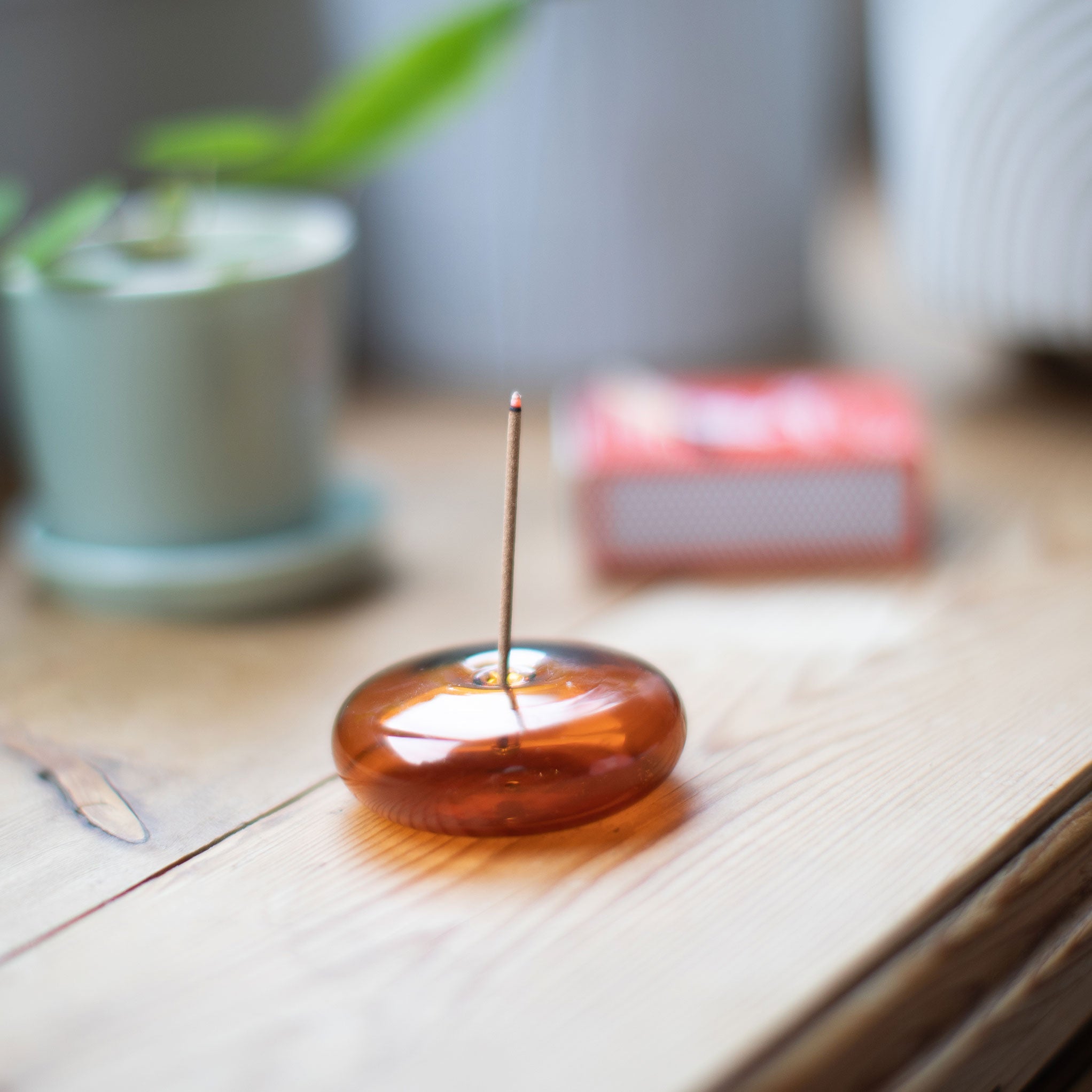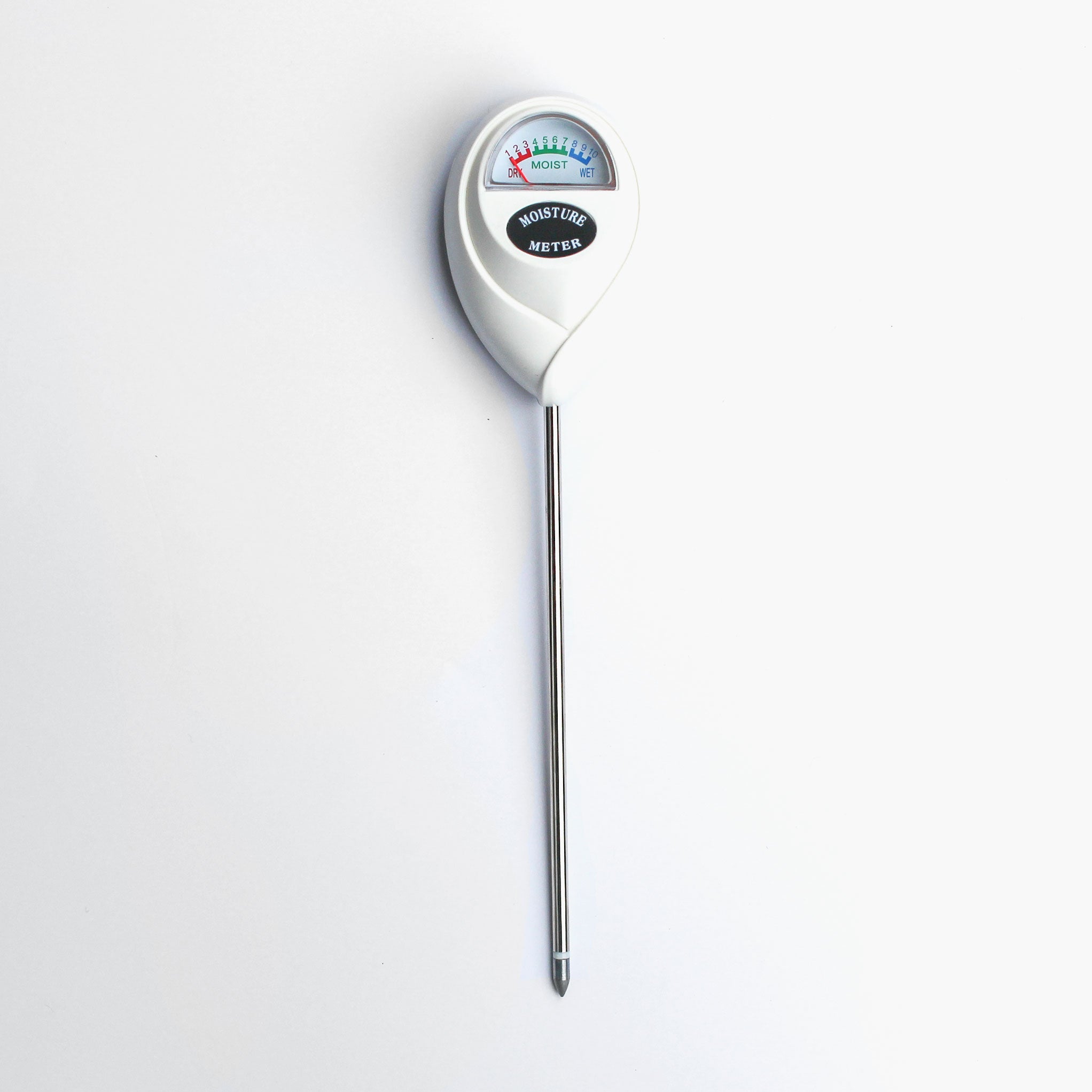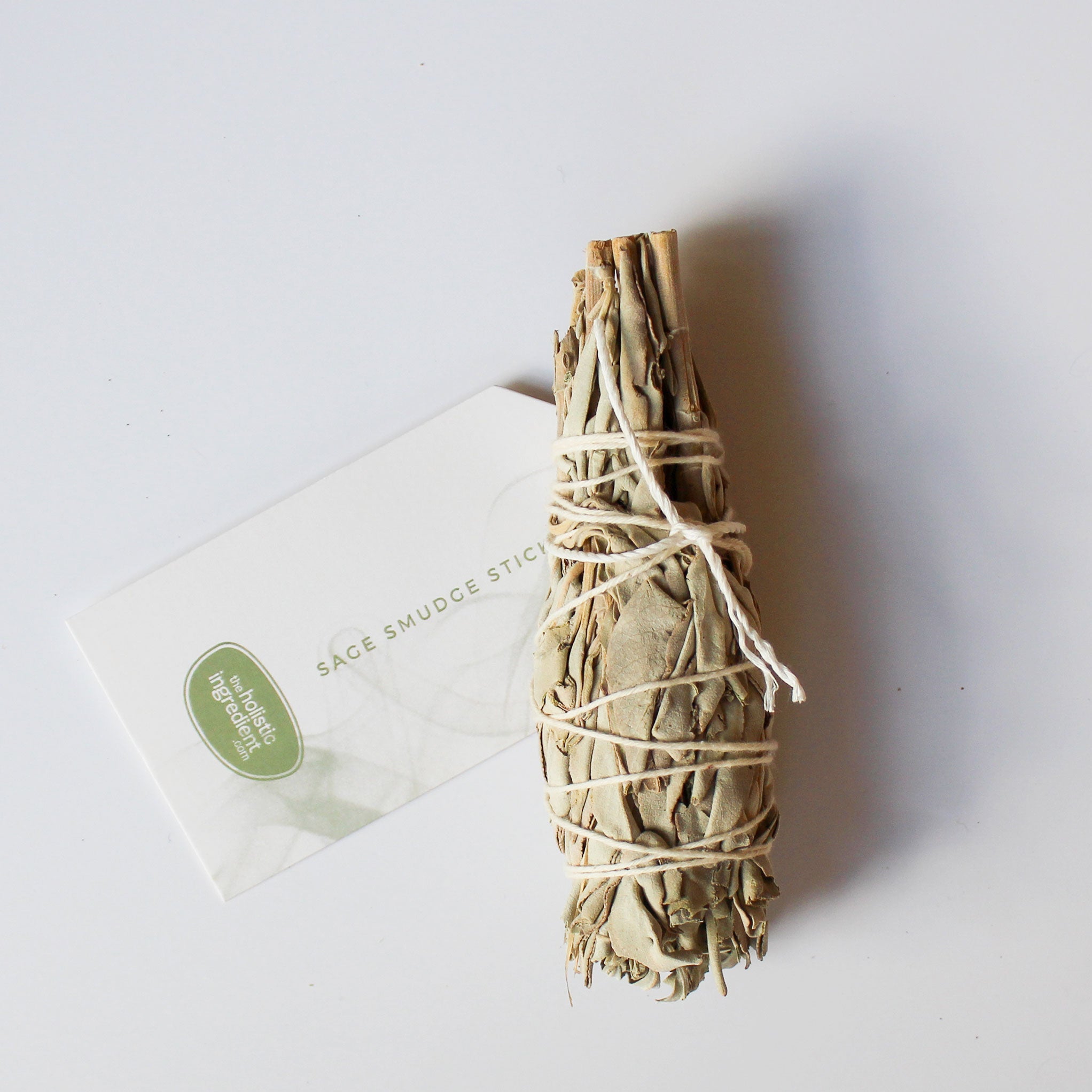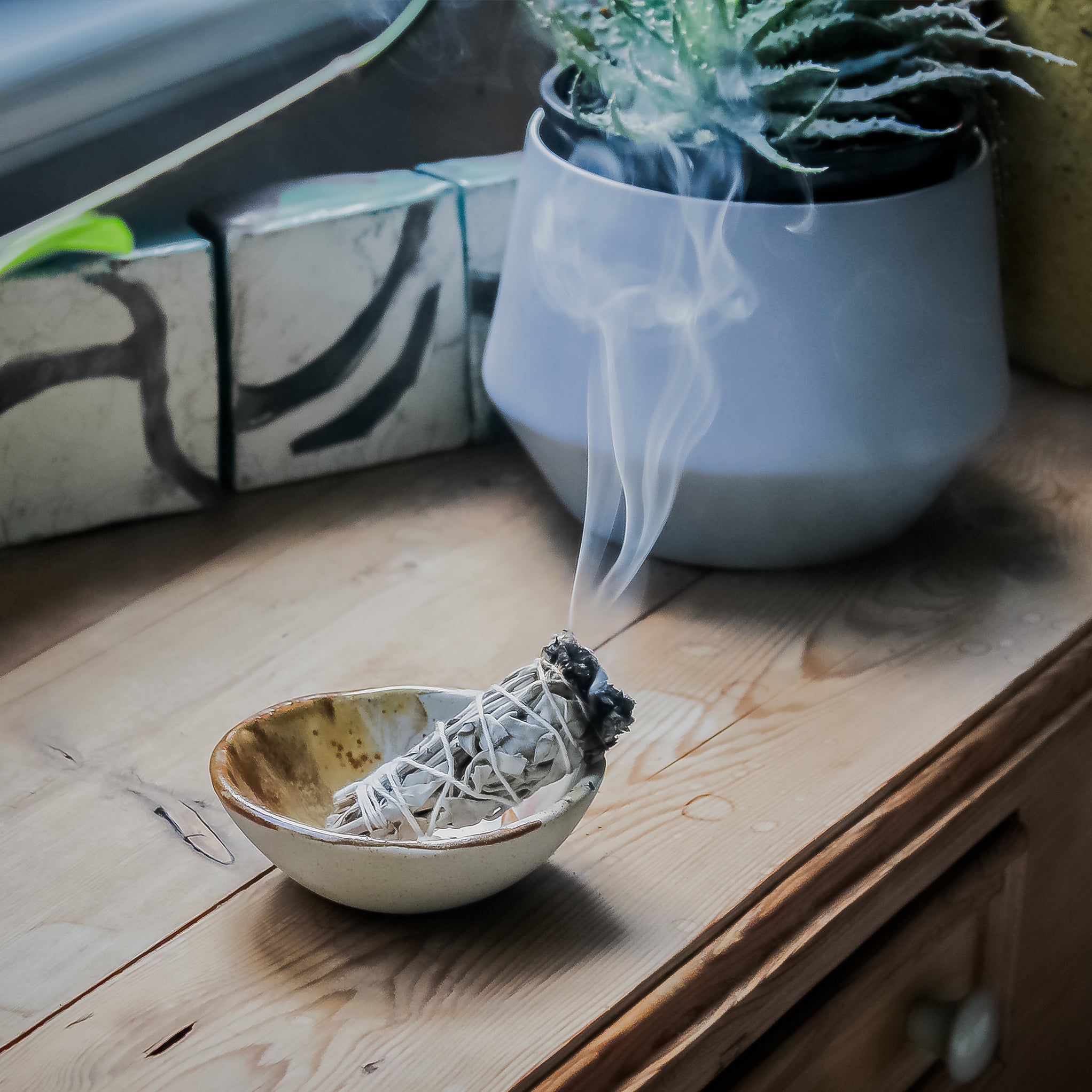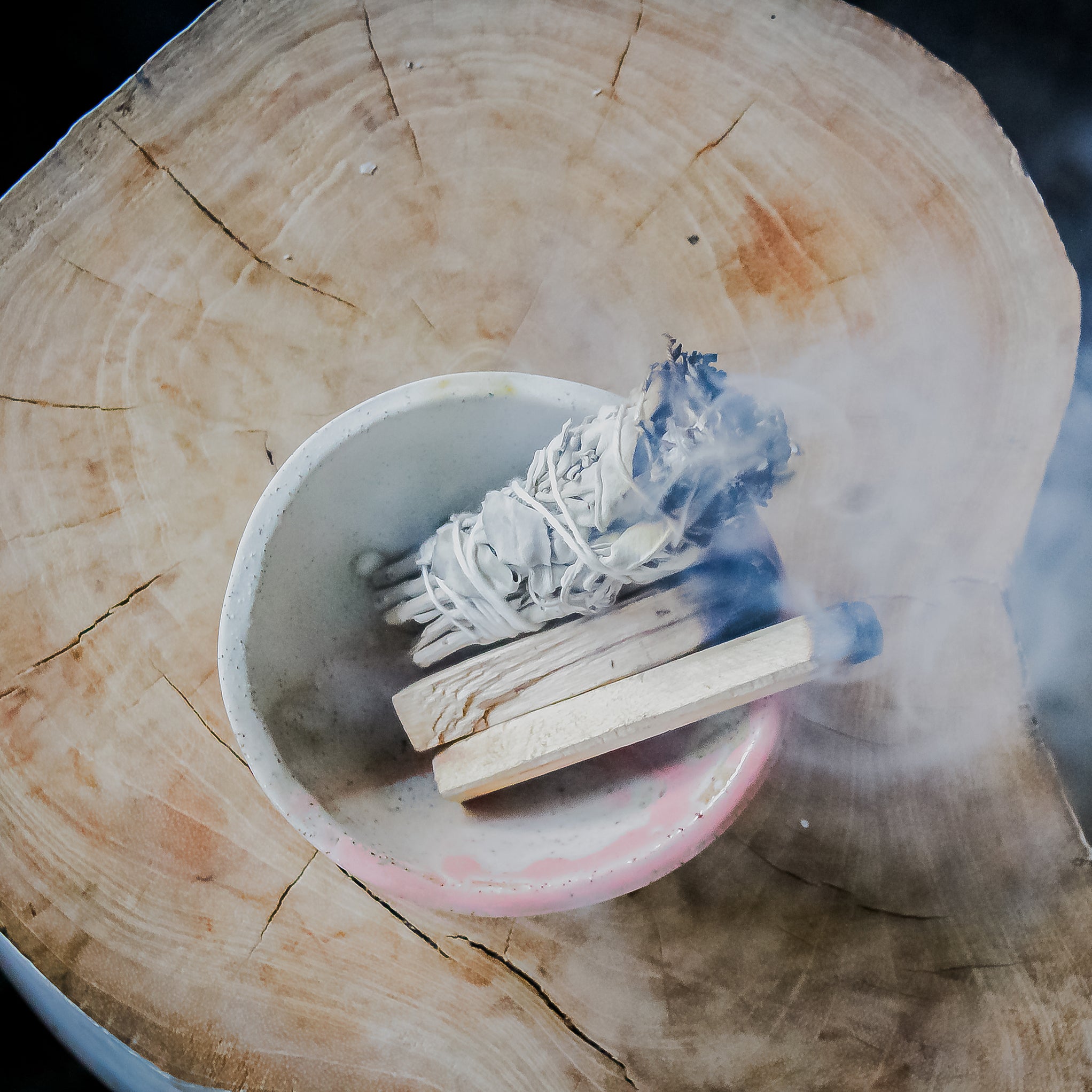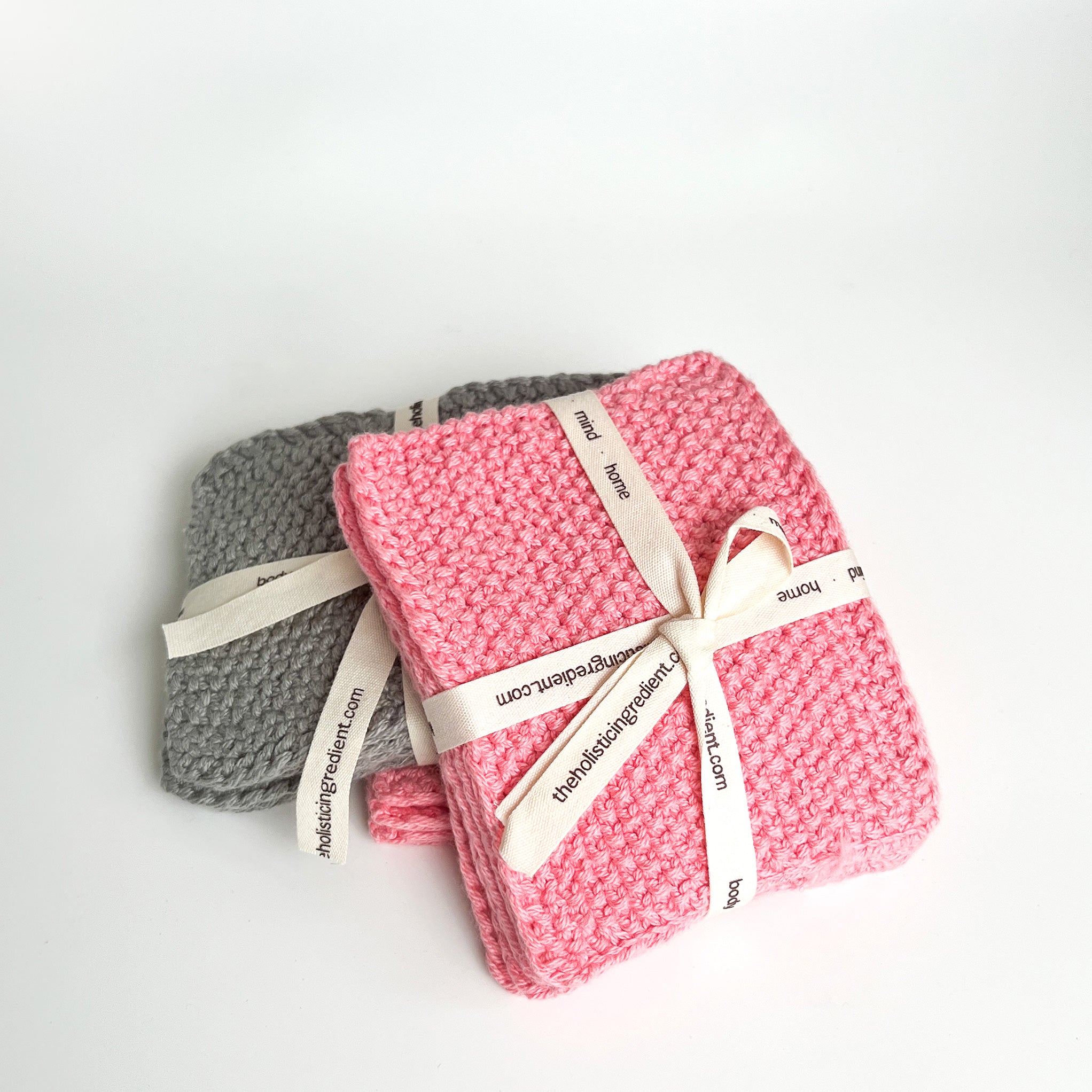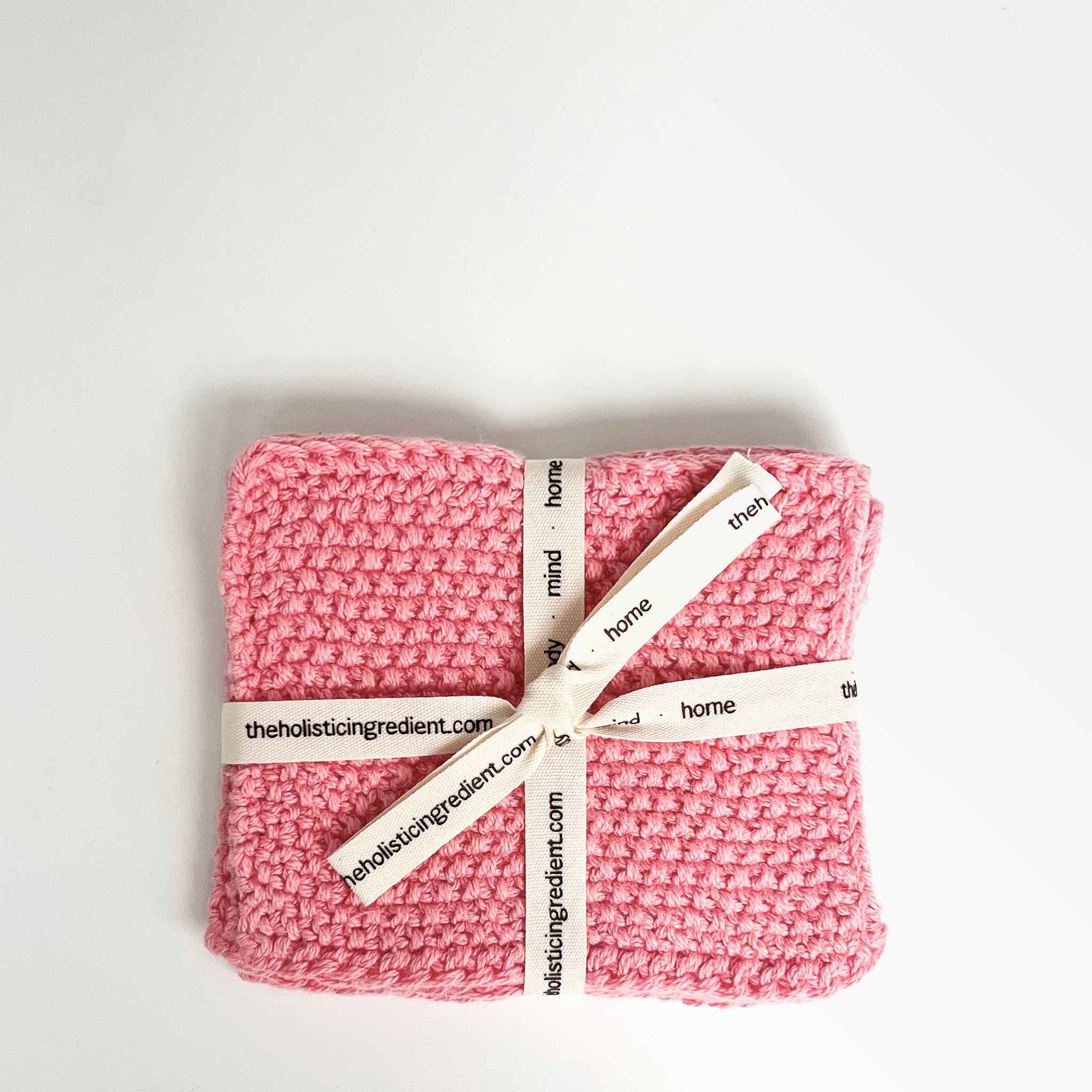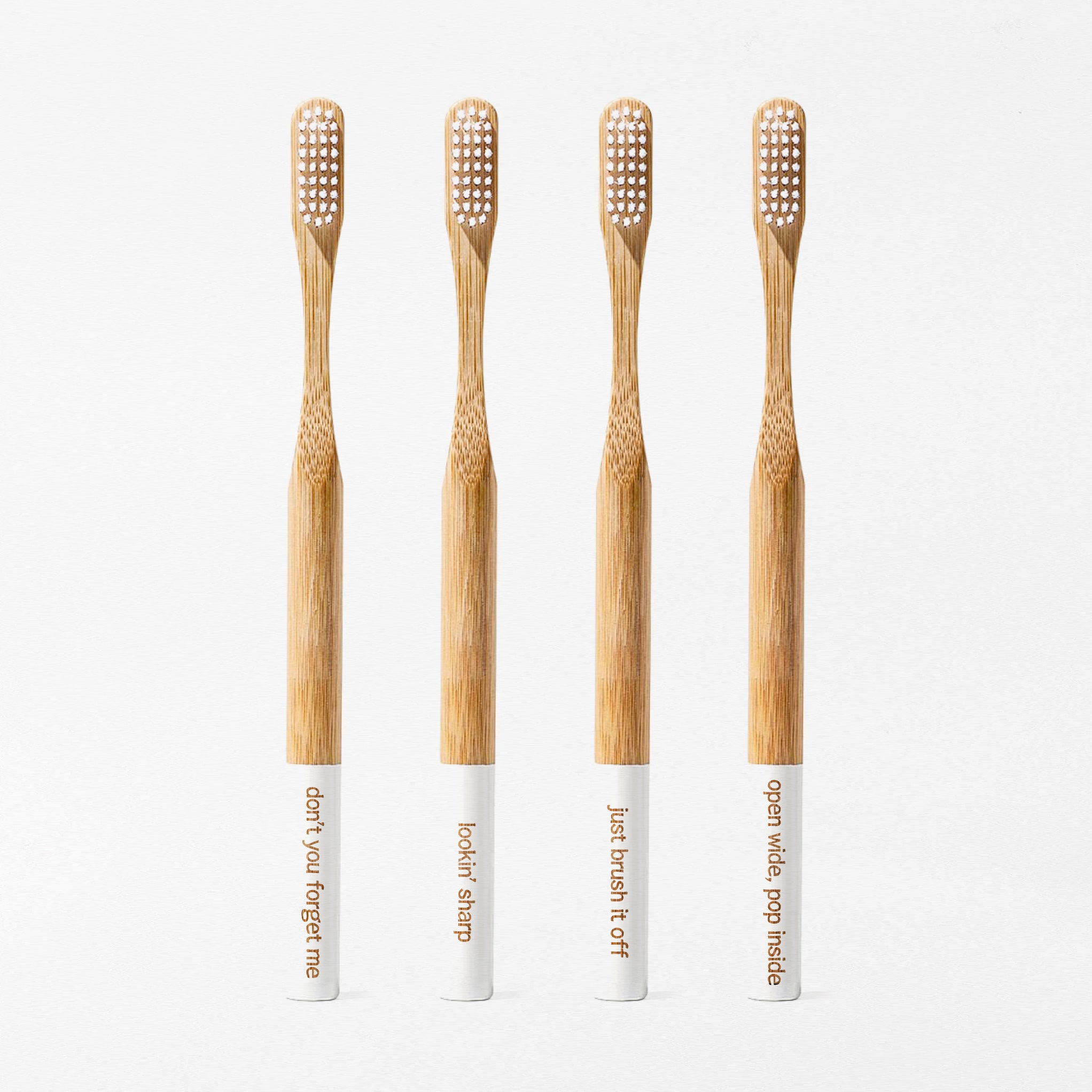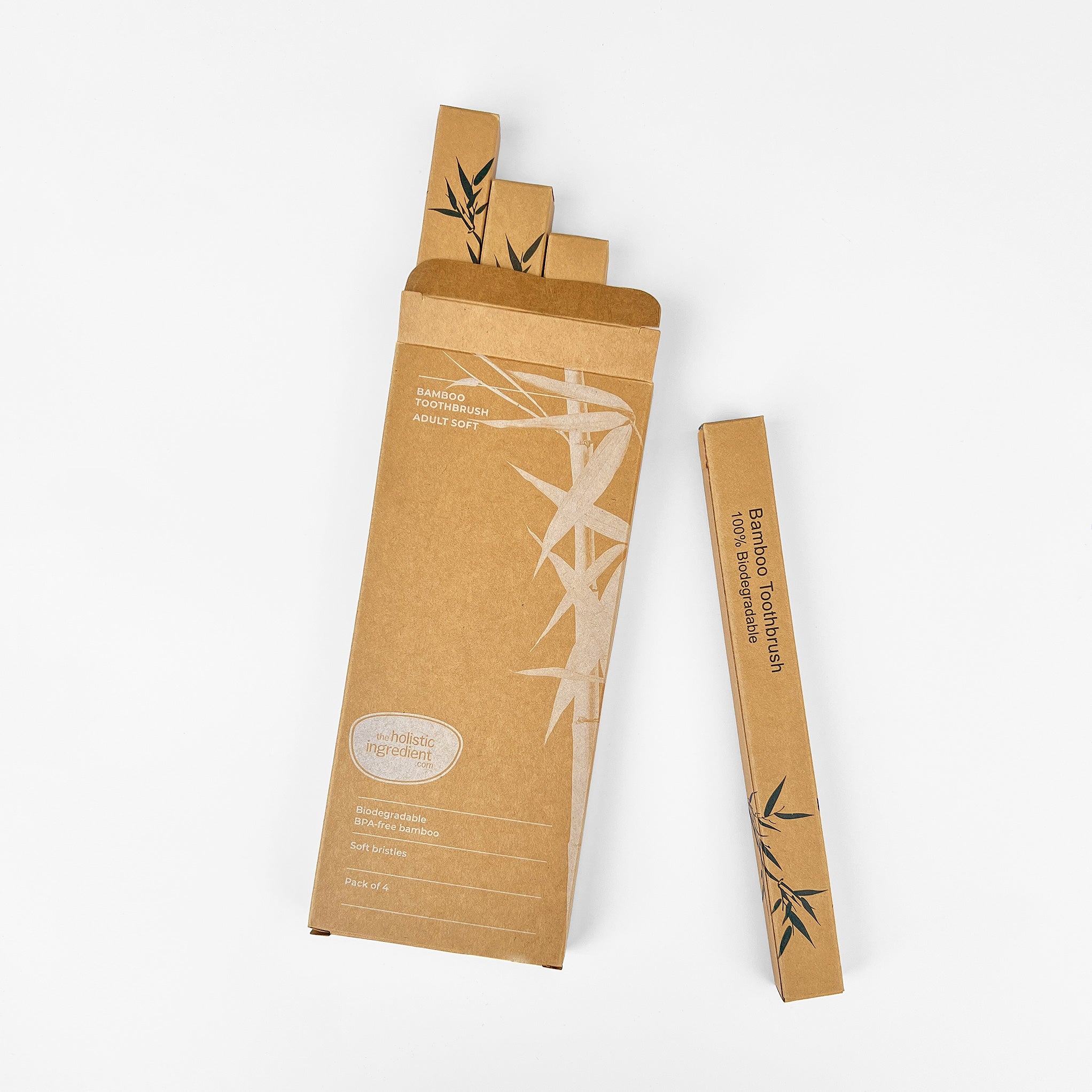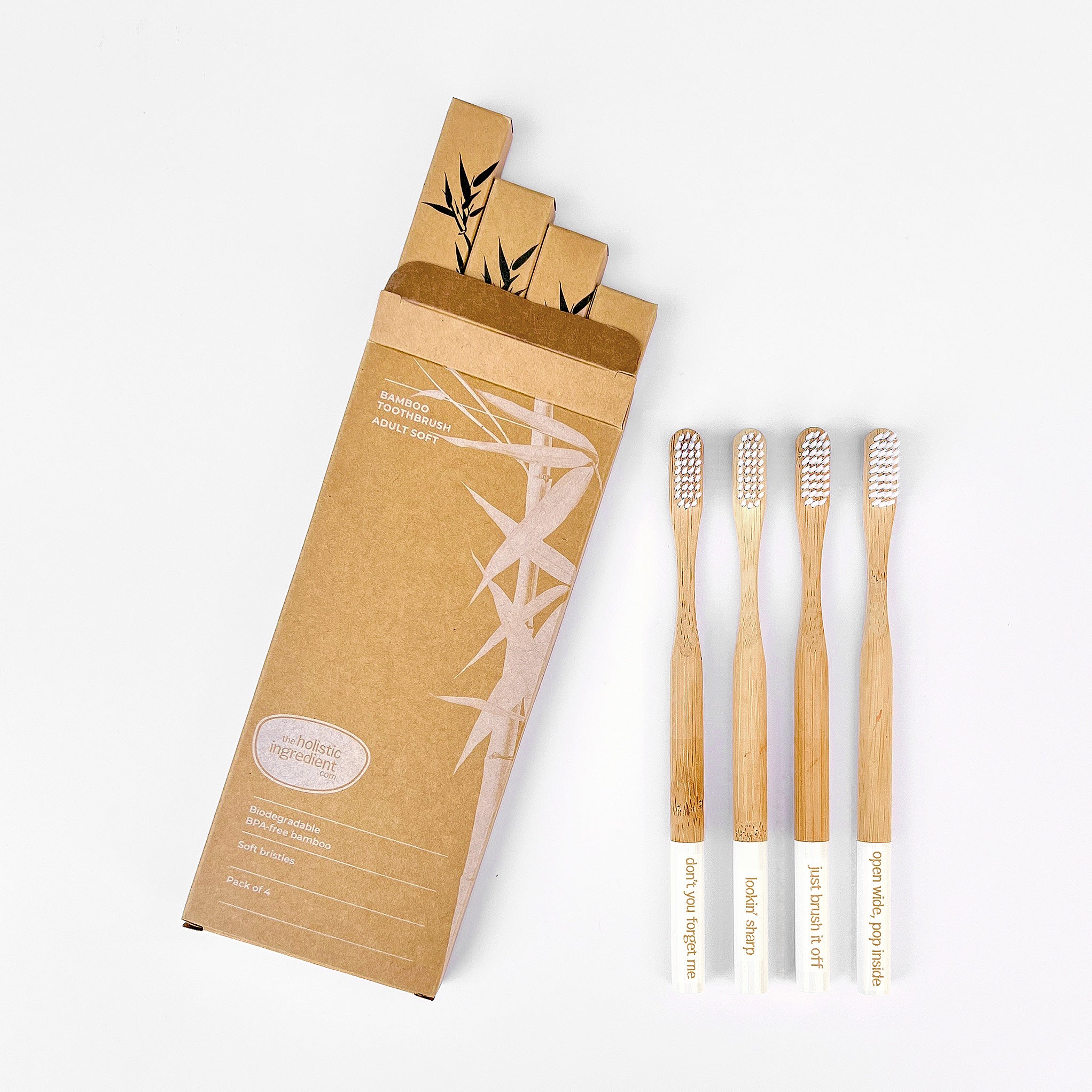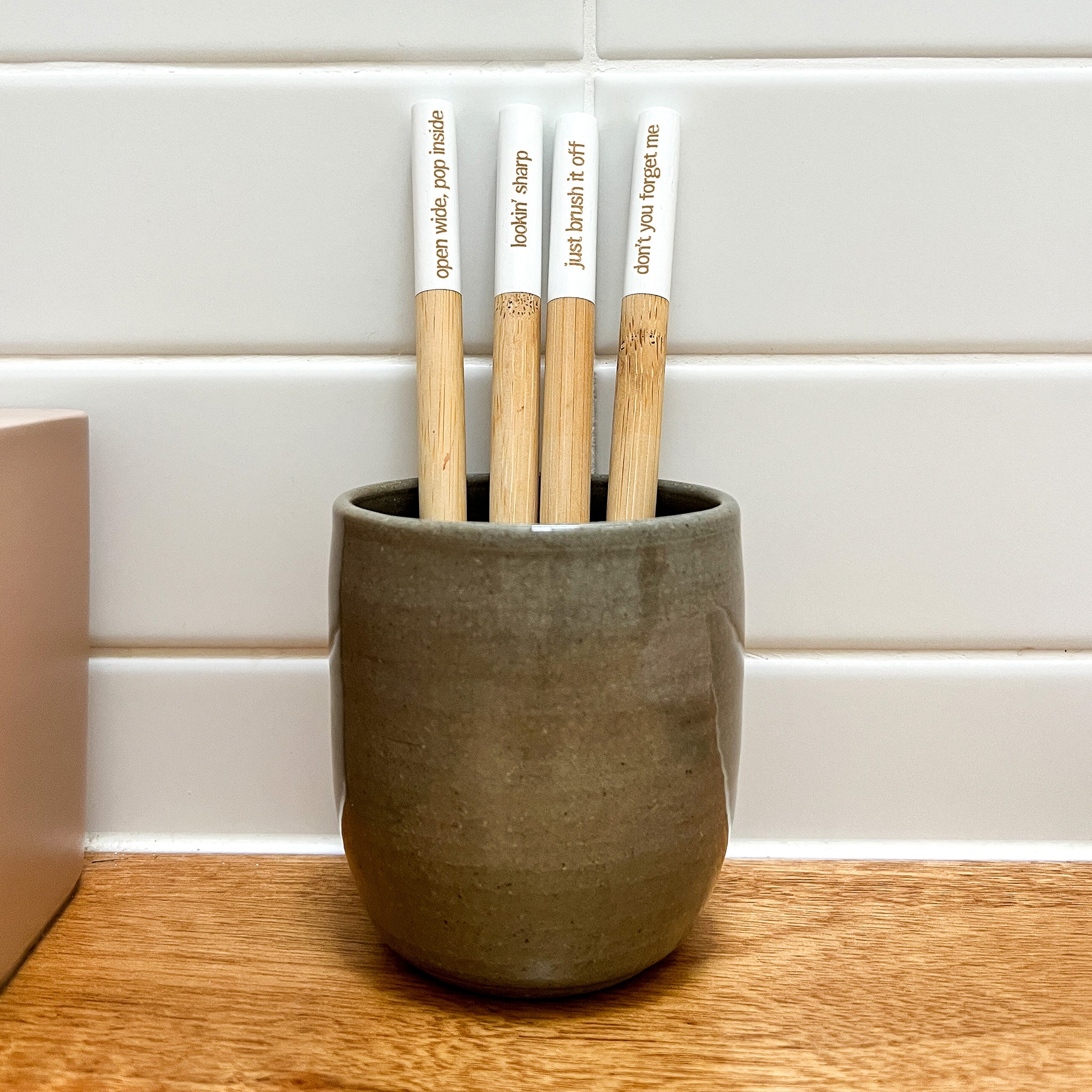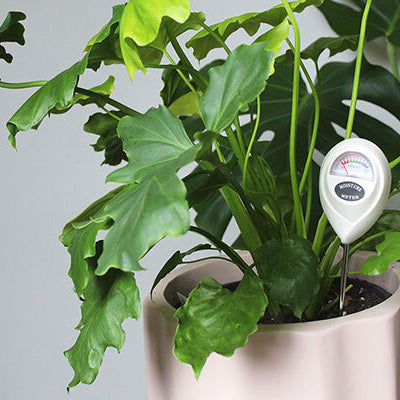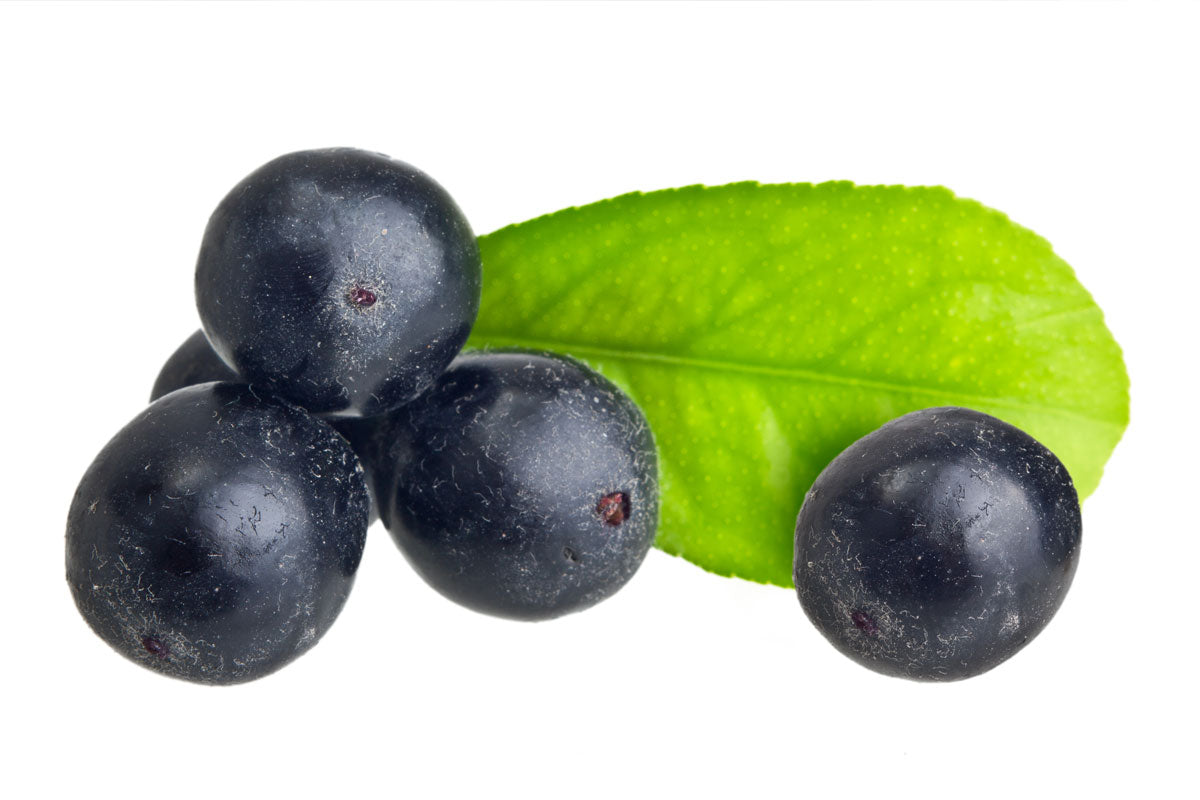
Fancy 'berry' beautiful skin, a blissfully beating heart, and a 'boom shake shake shake' the room sex drive? Well you better read on!
So continues our superfood series, this time detailing a fruit that seems to be popping up everywhere in health food shop freezers. Have you noticed the frozen acai berry packs? They're pretty handy and surprisingly affordable too. Make your own acai bowl and find out just why it is so good for you. Go on, it's what all the cool healthy kids want to do.
What is it?
Acai berry is one of the most nutritious berries you will ever find. Indigenous to the Amazonian rainforests, the acai berry has been used for centuries as an immune boosting, energising and healing fruit. Related to the cranberry and blueberry, research shows that this small fruit is able to support preventing diseases associated with oxidative damage, as well as offering many a health benefit as follows.
Why is it good for you?
1. Healthy heart.
Acai berries are high in anthocyanins (also found in red wine), which are an antioxidant found in plants that serve to lower cholesterol levels in the blood stream. They also contain plant sterols which prevent blood clots, improve blood circulation and relax blood vessels, which all lead to protecting our heart.
2. Healthy skin.
Acai oil is a great alternative to chemical based skin care products that may actually harm the skin long term. Historically, the Brazillian people have been using acai oil for years to prevent skin conditions. Nowadays you will find many a modern beauty product containing acai oil. Additionally, when taken orally acai berries radiate from the inside out, promoting a healthy skin glow.
3. Digestion.
Acai berries aid in the cleaning and detoxifying of our digestive system. The high dietary fiber content keeps our insides in optimal function.
4. Cancer prevention.
Acai berries are brimming with Vitamin C and ellagic acid. This combination is an immune boosting marvel and research reports it may be able to suppress the growth of cancerous cells. It appears that Acai's phytochemicals stop carcinogenisis on a molecular level, killing off tumerous cells before they are able to multiply. While acai berries are not a cure, this is certainly some interesting research to follow.
(NB: The Journal of Agriculture and Food Chemistry found that polyphenolic compounds extracted from acai reduced cancer cell proliferation by 56-86%).
5. Anti-aging.
Very high in antioxidants, acai berries contribute to slowing (or even reversing!) the typical process of aging as it is related to oxidative damage. Did you know that acai berries are one of the highest sources of antioxidants on the planet? They hold double the antioxidants to that of blueberries.
6. Energy and libido boosting.
Linked to increased blood circulation in the body, the acai berry is able to positively impact stamina and combat fatigue and exhaustion. Males particularly report a boost in sex drive.
How do we eat it?
Acai has a rich, slightly acidic, sweet berry flavour, which is great in smoothies, muffins, bars or sprinkled over yoghurt or cereal. Have you tried the Acai bowl? It's all the rage with the healthy kids who are "in the know". Our Acai bowl recipe features in A Nourishing Morning. It's a really well balanced and nutritious way to start your day, even better that it tastes like ice cream.
Where to buy it.
Acai is found in powdered form or alternatively frozen in the freezer section of your local health food shop. Find it online too. I'd suggest looking for an organic certified product for the reason that berries are generally very highly sprayed with pesticides in conventional farming practices.
I've been using the Bioglan product of late and would recommend. They offer some further ways to diversify your nutrition and some delicious superfood combinations to try in this article here.

References.
Acai. (2012, November 23). Retrieved from http://nccam.nih.gov/health/acai/ataglance.htmDo Acai Berries Have Special Health Benefits?. (n.d.). Retrieved from http://www.eatright.org/Public/content.aspx?id=6442453365
Phytochemicals. (n.d.). Retrieved from http://www.cancer.org/treatment/treatmentsandsideeffects/complementary
andalternativemedicine/herbsvitaminsandminerals/phytochemicals


